Throughout the 2025 Sundance Film Festival I watched 21 features, 4 shorts, and a TV series. Read about everything I watched with links to my full reviews below!
I didn’t cover the festival in person so there are some high profile queer films you won’t see here including Andrew Ahn’s remake of The Wedding Banquet (the original is #11 on our list of gay male cinema) or Bill Condon’s much-anticipated remake of Kiss of the Spider Woman. But festivals aren’t just about seeing work we’re already excited about — they’re also about new discoveries! So come on and discover with me!
Hal & Harper (dir. Cooper Raiff) (TV series)
Full review.
Didn’t Die (dir. Meera Manon)
Every time the Democrats lose an election, I think about the scene toward the end of Meera Manon’s wonderful debut Farah Goes Bang when her characters who have spent the entire movie canvasing for John Kerry finally admit he sucks. They want so badly to make a difference in our shitty world and yet even their compromise cause has failed. It’s a moment of innocence lost, growing beyond the paradigm of our established systems.
Manon is back at Sundance with her first feature since her sticky 2016 film Equity — she’s been working on TV shows including Westworld and Ms. Marvel — and she’s reteamed with Farah co-star Kiran Deol. Deol plays a podcaster navigating a zombie apocalypse alongside her brothers, her sister-in-law, her ex, and a baby. The film is heavy with feelings of Covid, this zombie uprising an easy stand-in for the virus and our forced isolation. But the film is at its best when it leaves behind these easy connections for a deeper heaviness about living in our world amid so much death and cruelty.
Low-budget and rough around the edges, Didn’t Die isn’t the sleekest film at the festival. But with tender performances and effective horror moments, it’s a worthy zombie movie for our time.
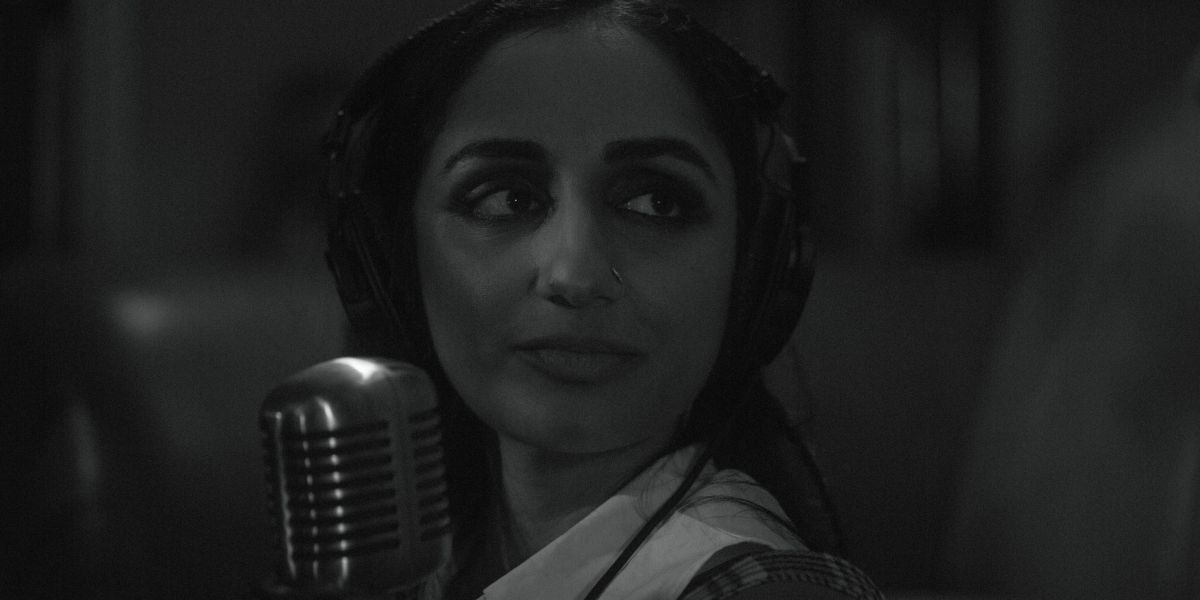
Kiran Deol in Didn’t Die
Sweet Talkin’ Guy (dir. Miss Dylan, Spencer Wardwell) (short)
Co-written by, co-directed by, and starring Miss Dylan, this short comically portrays the predictable script recited by three different guys in their attempt to hook up with a trans woman. While a lot of trans media — made by us and certainly made by cis men — has concerned itself with this dynamic, there’s something refreshing about a film that focuses in on the mundanity. Miss Dylan’s silent protagonist isn’t distraught, nor is she hopeful, she’s just going through the unfortunate motions to get laid. While cis people can think they’re embarking on some grand adventure by dating us, it’s great to see a film that mocks their tedium.
Hold Me Close (dir. Aurora Brachman, LaTajh Weaver) (short)
A portrait of Black lesbian domesticity, this documentary short focuses as much on the living space of its central couple as it does on the people. Wide shots and close ups are static as the soundtrack is filled with Corinne and Tiana discussing everything from when they met, to their familial relationships, to gender identity, to their plans to have a baby. The audio (recorded privately according to the press notes) is intimate while the beautiful visuals create a certain distance. Corinne and Tiana are in their own world together.
Coexistence, My Ass! (dir. Amber Fares)
The first half of this documentary about anti-Zionist Israeli comedian Noam Shuster-Eliassi is a by-the-numbers inspiring story about how a woman went from working at the UN to spreading the message of peace through performance. Schuster-Eliassi was raised in an internationally celebrated community where Jewish Israelis and Palestinians live side-by-side, her best friend is Palestinian, and her life and perspective seem readymade for liberal praise. But halfway through the documentary, the timeline arrives at 2021 when the Israeli government once again escalated their violence against the Palestinian people. Schuster-Eliassi begins to question her role as an ally, an inner conflict that only increases after October 7, 2023.
The rest of the documentary is fascinating as Schuster-Eliassi starts to abandon her liberal optimism for something more radical. It becomes a challenging study in the limits of allyship and the necessity for moral courage and clarity. Part of me wishes the first half of the film matched the complexity and craft of the second, but I also think, as is, the film is something of a magic trick. People who still want to pretend the apartheid and genocide carried out by the Israeli government is too complicated to discuss could be seduced by the first half of the film only to be forced to face the harsher reality in the second. People are more open to a lecture after hearing a few jokes.
The Virgin of the Quarry Lake (dir. Laura Casabé)
A portrait of a depressed teenage girl and her cruel society, this adaptation of two Mariana Enriquez short stories is heavy with ghosts. It’s 2001 in Argentina and recent high school graduate Natalia (Dolores Oliverio) is in love with her friend Diego whose attention has been taken by a 30 year old woman he met online. Natalia spends her days masturbating, hanging with her friends, and seeking a sense of self in a violent world.
Each day brings power outages, water shortages, classism, racism, and death. With touches of horror and magical realism, the question is not just whether Natalia and her friends will lose their virginities like your average teen coming-of-age movie, but whether they will lose their souls. They’re not encouraged to care about other people, scarce resources leading to a selfish desperation among their families. The issue is not Diego — it’s any want or need. How can we learn to share, to compromise, to lose, when we haven’t been shown how to do so? This is a challenging, at times nasty, film, but it’s not cynical. When all humanity seems lost, Casabé returns to the faces of her talented performers to reveal the conflict beneath their harsh choices.

Dolores Oliverio in The Virgin of Quarry Lake
Two Women (dir. Chloé Robichaud)
Queer filmmaker Chloé Robichaud’s feature debut Sarah Prefers to Run was ranked sixth on our list of the best queer sports movies of all time and her most recent film Days of Happiness was even better. Her latest, which she notably didn’t write, is a bit of a departure, a mostly heterosexual sex comedy instead of a queer drama. While it’s not as good as her other films, her formal prowess and ability to garner great performances is still in full force.
Following two neighbors in unhappy relationships who cope by having a bunch of random sex, Two Women is charming and humorous with some moments of real emotion. It’s fairly basic in its topics of monogamy and marriage, but there are worse things than watching beautiful people be horny. Karine Gonthier-Hyndman is exceptional — funny and heartfelt in a way that elevates the script. This will probably resonate more with a straight audience, but I did appreciate that Robichaud lets one of the characters throw a female window washer into her list of affairs. If a queer filmmaker takes on straight material, they can be trusted to make the sex scenes better and to add in something a little gay.
Are You Scared to Be Yourself Because You Think That You Might Fail? (dir. Bec Pecaut) (short)
For all the talk about how trans cinema is obsessed with surgery, there really haven’t been that many on-screen portrayals grounded in reality. The getting of surgery is framed as the ultimate gender achievement, but the post-op healing process is brushed past with sentimental tears or, ya know, death. Enter Bec Pecaut’s short film starring Lío Mehiel as someone navigating their relationships with their partner and their mom in the days after top surgery. I really appreciated the complexity the film achieves in its short runtime, leaving space for the ways people can be needy, scared, and even mean during this period. The types of love their partner and mom are able to give are both imperfect and both needed. The film doesn’t over-explain its characters — it just lets the moment be.
Sweetheart (dir. Luke Wintour) (short)
Focusing on the hidden history of 18th century Molly Houses, Luke Wintour’s short feels like a proof of concept for a prestige TV drama. That’s mostly a compliment — it has a polish and attention to detail impressive for a low budget — even if it did leave me wanting more. As our current conservative backslide aims to cover up our history and pretend queerness is new, a story like this feels even more important. I hope Wintour and his team do get the chance to expand this film, because there’s a lot more to explore within this setting — especially in regards to race and gender-nonconformity.
Sorry, Baby (dir. Eva Victor)
Full review.
Cactus Pears (dir. Rohan Kanawade)
Rohan Kanawade’s semi-autobiographical debut is a film aching with longing. Longing for familial acceptance, longing for romantic connection, longing for a sense of belonging, longing for the dead. The film follows Anand (Bhushan Bhingarkar) throughout the ten-day mourning ritual for his father. He’s traveled from Mumbai back to the village where he was raised where everyone wants to know why he’s still unmarried — except his mother who knows exactly why.
During these ten days, Anand connects with another unmarried man Balya (Suraj Shinde) and their friendship quickly develops into romance. This is not a film of grand gestures or heightened drama. It is sensual, embracing the quiet of its rural setting. Kanawade allows the characters to communicate in static frames, every gap in conversation, every touch, maintained.
There have been many films about queer people returning to their family homes, but few with this amount of tender specificity. There is awkwardness, there is grief — there’s also so much love.

Bhushaan Manoj and Suraaj Suman in Cactus Pears
Jimpa (dir. Sophie Hyde)
Full review.
Where the Wind Comes From (dir. Amel Guellaty)
Full review.
Omaha (dir. Cole Webley)
Set in 2008, this film about a father on the road with his two kids after being evicted from their house will illicit deep emotions in just about everyone who watches it. John Magaro who plays the father is an incredible actor and the two kids (Molly Belle Wright and Wyatt Solis) are adorable and well-cast. The love between them feels palpable and real and it makes their financial hardship all the more painful to witness.
But throughout the film, I kept thinking of Kelly Reichardt, a filmmaker who has worked with Magaro multiple times and whose 2008 film Wendy and Lucy also follows a character with a dog struggling to survive America. I kept thinking about how it’s possible to tell a story like this in a way that earns the audience’s emotions rather than manipulating them.
Every narrative and formal choice made in Omaha feels manufactured to make the audience cry rather than to deepen its characters and serve the story. It’s as if Webley and screenwriter Robert Machoian don’t trust that these circumstances are painful enough without obvious moments of sentiment.
This isn’t an uncommon approach to material like this and it’s one that is often celebrated. If you’re a fan of the Dardenne Brothers or Ken Loach at his worst, you’ll probably respond to this film. But I’ve always found filmmakers like Reichardt or Andrea Arnold to be far more compelling.
In an interview Webley said, “Empathy is universal, apolitical, and needed more than ever.” The film itself is so determined to be apolitical that its manipulations don’t even feel like they’re serving a worthwhile story. Any messaging around the way the U.S. fails parents is ruined by a hollow ending. The film both romanticizes the father’s solitary pursuits and seems to suggest the answer to all of his problems is to ask for help. Help from where? From a country that abandons its people who are most in need? A country that would rather pay money to a broken foster care system than to loving parents who just need support? You can’t make a movie about surviving in capitalism and then reduce its message to empathy is apolitical.
Bunnylovr (dir. Katarina Zhu)
Katarina Zhu’s feature debut (as writer, director, and star) is at its best when it leans into the boundaries of its character’s self-destruction. Rebecca’s life is split between a thankless job as an assistant to an older white man and an inconsistent job as an online sex worker. She’s hung up on her shitty ex-boyfriend — who she still sometimes fucks — and she’s suddenly reconnected with her sick and formerly absent father.
I love a messy girl in New York story and it’s true that subgenre has historically focused less on women like Rebecca and more on women like her wealthy, white painter friend (producer Rachel Sennott). Rebecca’s Chinese American identity impacts — in ways obvious and subtle — her romantic relationships, her friendships, her relationship with her father, her assistant job, and her sex work. But the film also goes places a lot of similar work does not. At one point, Rebecca says she thinks she might be evil and it’s this thread I found most fascinating. Nothing she does is even that bad — except maybe to herself — but it’s interesting to watch her navigate her power and her powerlessness, to figure out what kind of person she wants to be and what aspects of that person she’ll sacrifice to feel less alone.
I wish the film pushed a little further, shying away from neat conclusions to achieve something a bit messier. The tight visual approach is perfectly claustrophobic and I wanted that discomfort to be mirrored in the narrative. But this is still a promising, personal debut and will hopefully be the first of many films from Zhu.
By Design (dir. Amanda Kramer)
If you’ve seen Amanda Kramer’s previous film Please Baby Please, you know to expect a unique vision from this artist. But she may have outdone herself in this film about a woman who body swaps with a chair.
Juliette Lewis plays Camille, a woman who finds herself smitten with a designer chair when out with her two wealthy friends. By the time she’s gathered her finances together, the chair has been sold and, in a distraught moment, she wishes to be the chair. The rest of the film follows the chair in Camille’s body and Camille as the chair with her new owner Olivier (Mamoudou Athie). While even the short runtime of 90 minutes sometimes feels like it’s pushing the potential of this premise, when By Design is good, it’s really good. It’s funny and thought-provoking and entirely itself. I wish the film filled me with the all-consuming love the chair inspires in Camille and Olivier, but it did give me a more muted fondness and that’s important too.
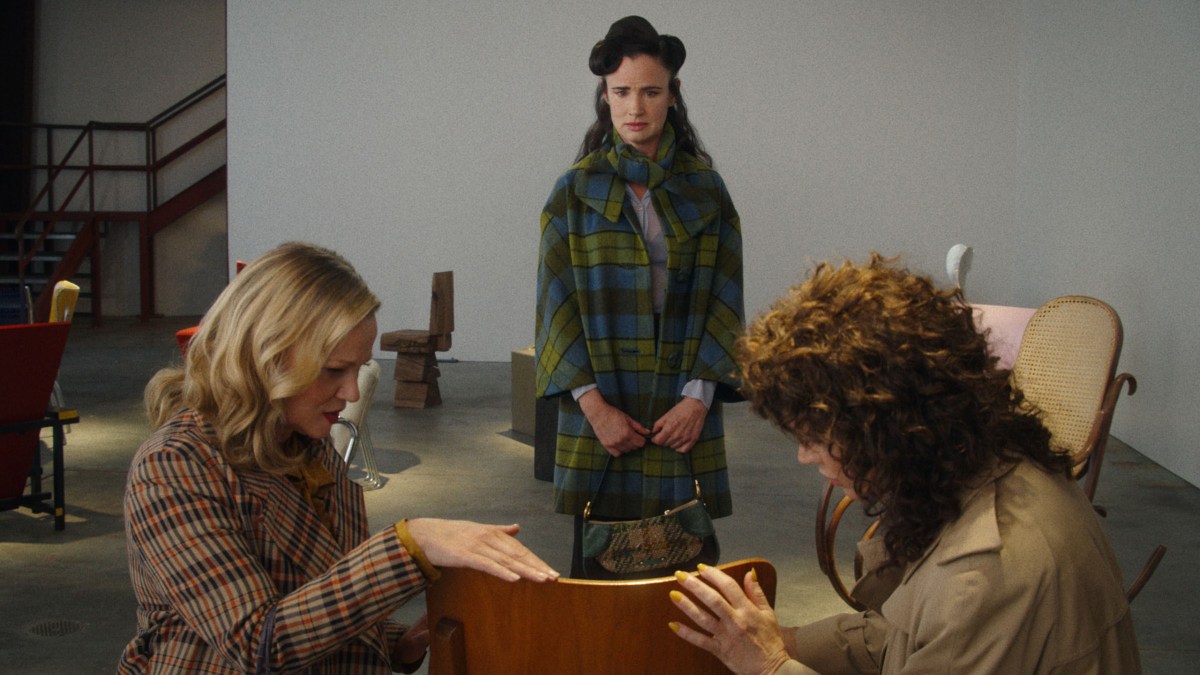
Samantha Mathis, Juliette Lewis and Robin Tunney in By Design
Sauna (dir. Mathias Broe)
Full review.
GEN_ (dir. Gianluca Matarrese)
Full review.
Atropia (dir. Hailey Gates)
The winner of this year’s U.S. Dramatic Grand Jury Prize, Hailey Gates’ debut is a satire about a 2006-era military simulation facility. Based on real training bases around the U.S., the film follows Fayruz (Alia Shawkat), an Iraqi American who sees her time playing an “Atropian” as the first step of a mainstream acting career. These ambitions are derailed when she falls for “Abu Dice” (Callum Turner) a white soldier recently returned from Iraq who has taken on the role of an insurgent to help train the new recruits.
The film is most successful as a satire of actors, Fayruz’s seriousness around her craft in this absurd setting lends the film its funniest moments. The satire of the U.S. military is a bit more toothless. It’s explicit that the Iraq War was bad, the U.S. wastes a lot of money on wars, and the soldiers sent to kill innocent people are mostly manipulated and clueless teenagers. But it’s 2025. Iraq War was bad is not a radical statement and I wish the film felt fuller in its exploration of the guilt both Abu Dice and Fayruz share in their involvement in this system.
The fact is most American cinema is so explicit in its pro-war messaging that Atropia actually does feel radical in comparison. It’s a good movie with good performances and a clear message. But when judged on its own merits and not by this low bar, it could be a lot sharper in its critique.
Speak. (dir. Jennifer Tiexiera, Guy Mossman)
As a younger millennial, it’s been interesting to watch my generation mirror the same objectification and fear-mongering around Gen Z as we received. Everyone always wants the youth to be a beacon of hope or the cause of all our problems. But the fact is every generation is made up of a wide variety of people with a wide variety of behaviors and perspectives. It’s easy to watch Speak., a documentary about kids around the U.S. competing in the original oratory section of national speech and debate competitions, and think wow there’s hope for the future. But I was most taken with how different all the kids were — in their personalities and their aspirations.
This is a straight-forward documentary, but it’s worthwhile as a portrait of these individuals. They all care so much about what they’re talking about and it’s powerful to watch them express that care.
Come See Me in the Good Light (dir. Ryan White)
Full review.
LUZ (dir. Flora Lau)
There are two intersecting stories in Flora Lau’s formally enchanting LUZ. A man (Guo Xiaodong) in Chongqing is trying to reconnect with his daughter (Deng Enxi) who he hasn’t seen since being incarcerated many years earlier. A young woman (Sandrine Pinna) in Hong Kong is called to Paris to reconnect with her sick ex-stepmother (Isabelle Huppert). These stories are connected by the virtual reality game the man’s daughter and the young woman both play, an alternate world where people are still seeking connection.
Lau doesn’t just find overlap between her narratives — she also finds overlap between the real world and the video game world. In both settings the cinematography and the score create a feeling of heightened rapture. The characters have so much sadness and longing but hope is found in the beauty of our worlds. At times the dialogue is blunt, the script not quite as remarkable as the style, but I still found myself fully connected to these people and their searching.
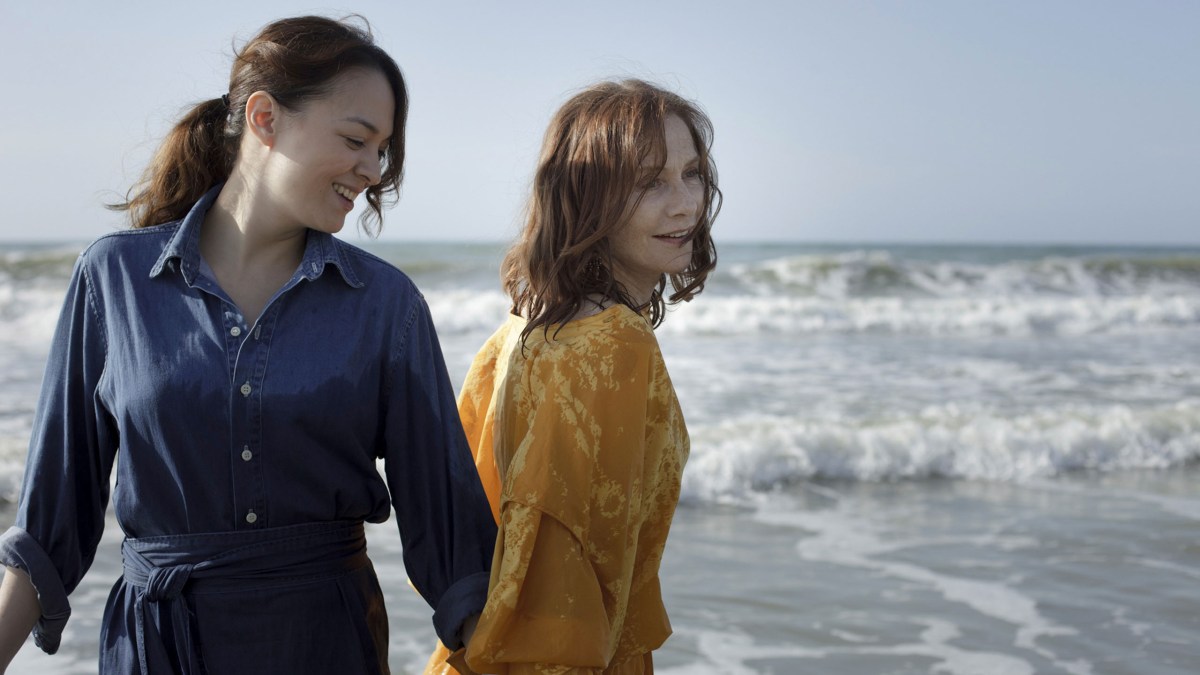
Sandrine Pinna and Isabelle Huppert in LUZ
Rains Over Babel (dir. Gala del Sol)
Full review.
Sally (dir. Cristina Costantini)
Full review.
Plainclothes (dir. Carmen Emmi)
As an expert on gay cops on-screen, I’m always interested in new portrayals of LGBTQ law enforcement that go beyond the usual propaganda. But Plainclothes — like My Policeman and last year’s Sundance short Bust — isn’t all that interested in the system of policing beyond how it acts as a cover for its main character’s shame.
While this disinterest in policing isn’t inherently a problem, it does leave the film’s most interesting thematic threads unexplored. All that remains is a fairly standard story about a gay person grappling with their place in the closet, torn between societal expectations and romantic yearning. Tom Blyth as the lead and Russell Tovey as his love interest both give good performances and the film is well-made. It also doesn’t mirror the shame of its character, leaning into instead of away from the story’s sexuality. But the characters aren’t particularly complex and the formal tricks only have an occasional visceral power without a strong enough motivation. It’s not that this film is bad — I just don’t think “police but gay” without going deeper is as interesting to me as it seems to be for other people.
Heightened Scrutiny (dir. Sam Feder)
Full review.
The Ugly Stepsister (dir. Emilie Blichfeldt)
I ended this year’s festival on a very high note. Emilie Blichfeldt’s The Ugly Stepsister is one of the best horror films of the decade so far. While most recent horror fails in story even if it succeeds in craft, Blichfeldt’s script is just as strong as the film’s scares. This is everything I wanted from The Substance, feminist body horror that’s as effective as it is unsubtle.
Blichfeldt succeeds by leaning into the pain and violence already present in pre-Disney fairy tales. People are cruel and happily ever after is never guaranteed. This film takes the Cinderella story and turns it into a fable of women upholding patriarchy, hurting each other and themselves for an unworthy prize. It may not say much new, but it says it with a visceral power and a sharp attention to character. I have a pretty strong stomach for violence on-screen and I watched several moments through my fingers. It’s not just the gore — it’s that Blichfeldt and lead actress Lea Myren have given us a protagonist we care about. It’s worse to watch someone suffer when you wish it would stop.
A lot of filmmakers have attempted new takes on fairy tales over the decades. Few have succeeded to capture what makes those original stories so powerful while pushing beyond to something new. The way Wicked forever changed how you look at the Wicked Witch of the West, this film will forever change how you look at Cinderella’s ugly stepsisters. I don’t see this being turned into a Broadway musical any time soon though. Too many tapeworms.
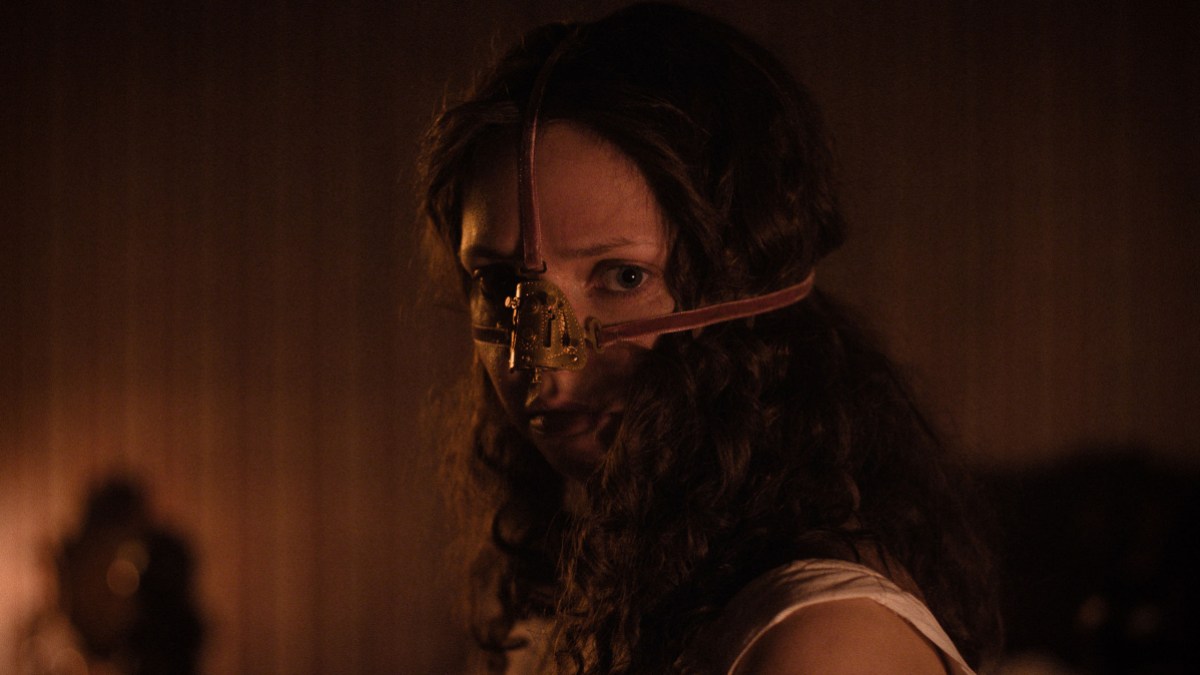
Lea Myren in The Ugly Stepsister
And that’s a wrap on the 2025 Sundance Film Festival! Did you watch anything on the online platform? What are you most looking forward to?
Before you go!
Autostraddle runs on the reader support of our AF+ Members. If this article meant something to you today — if it informed you or made you smile or feel seen,
will you consider joining AF and supporting the people who make this queer media site possible?
Join AF+!










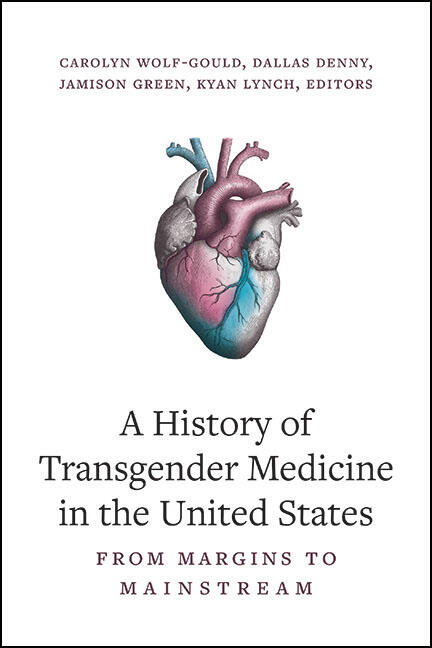
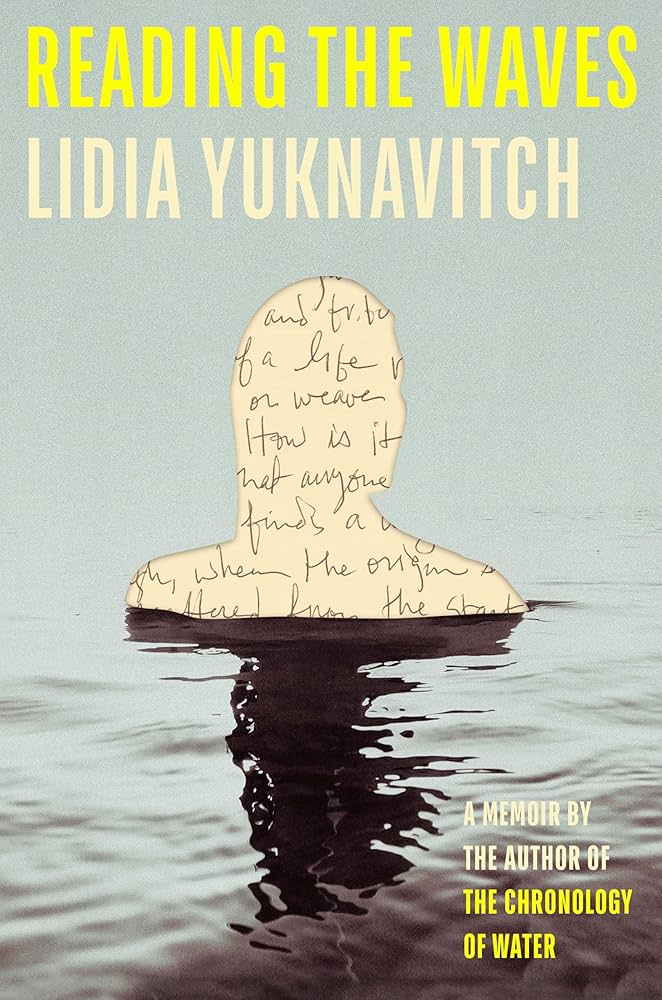
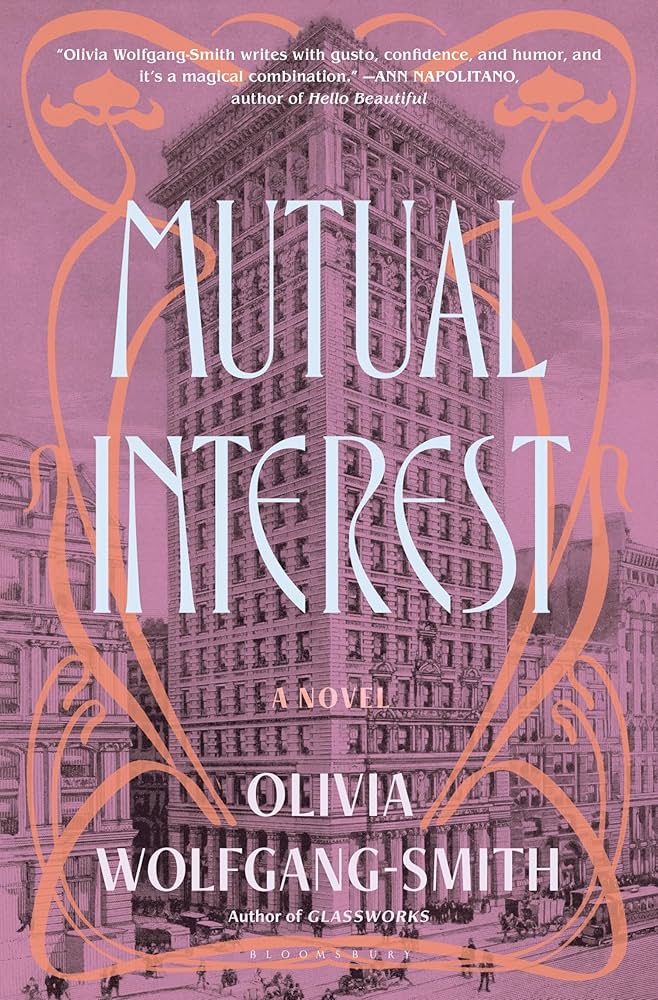

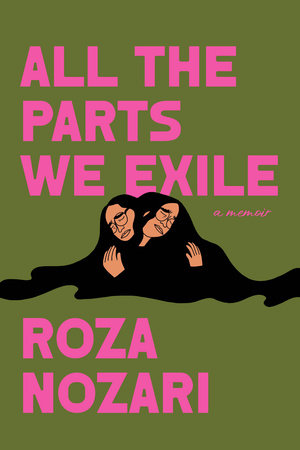
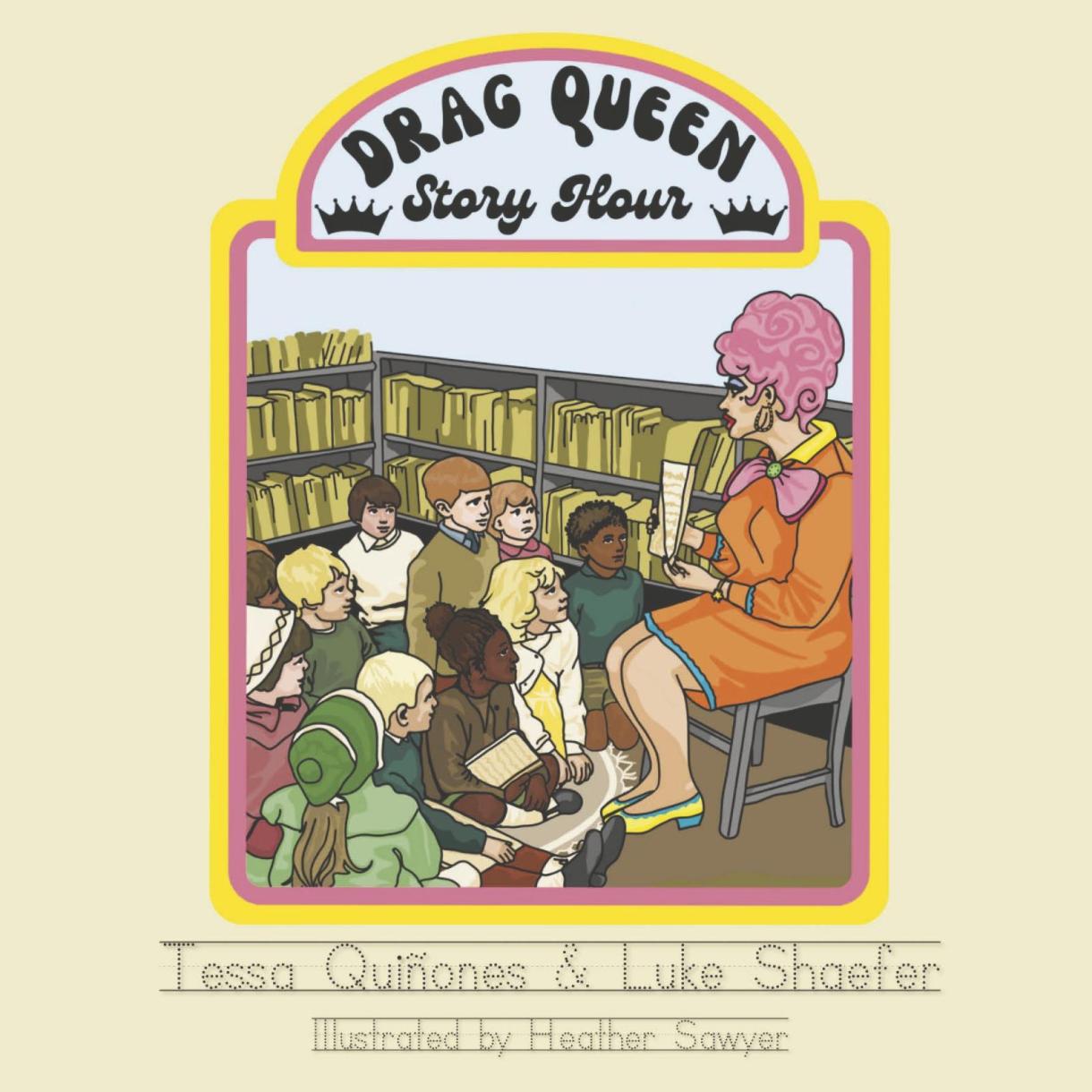
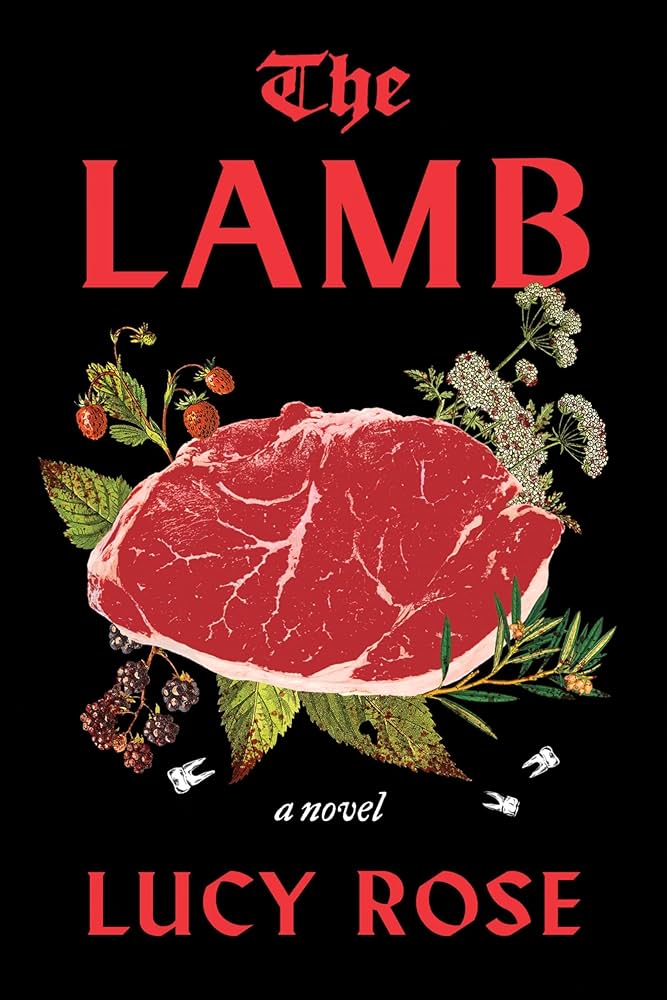
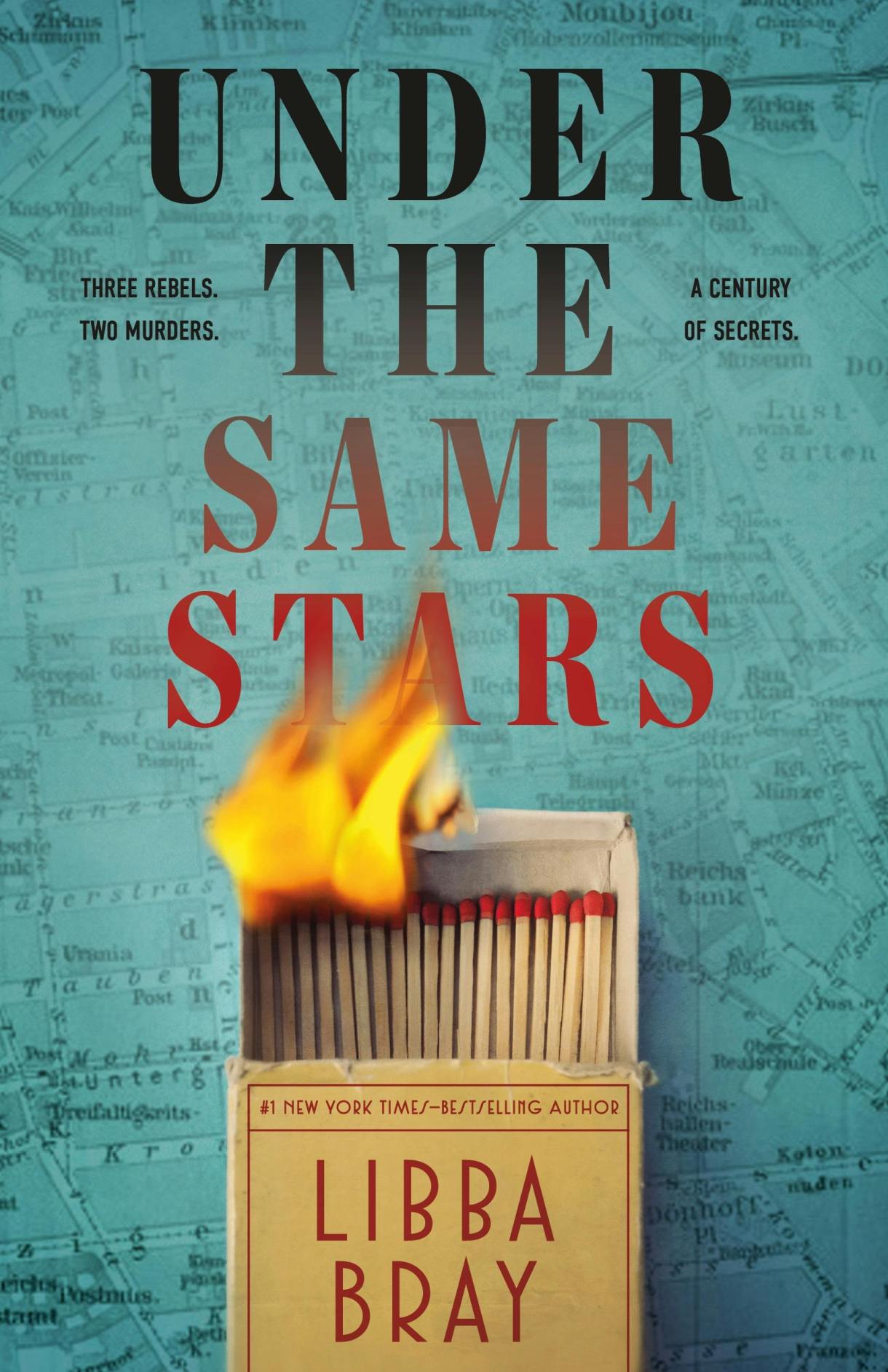
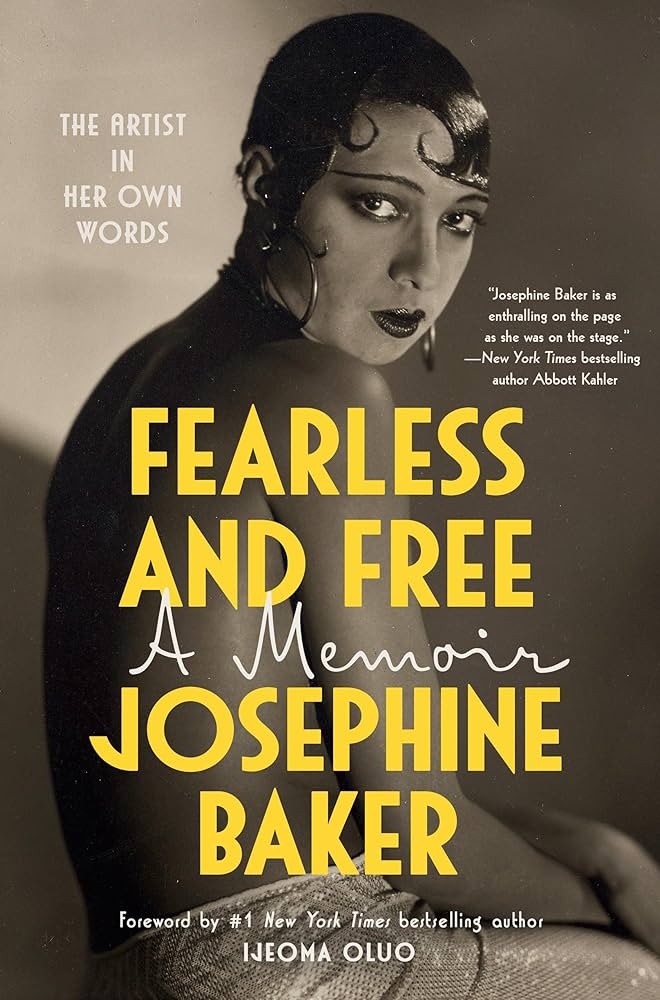
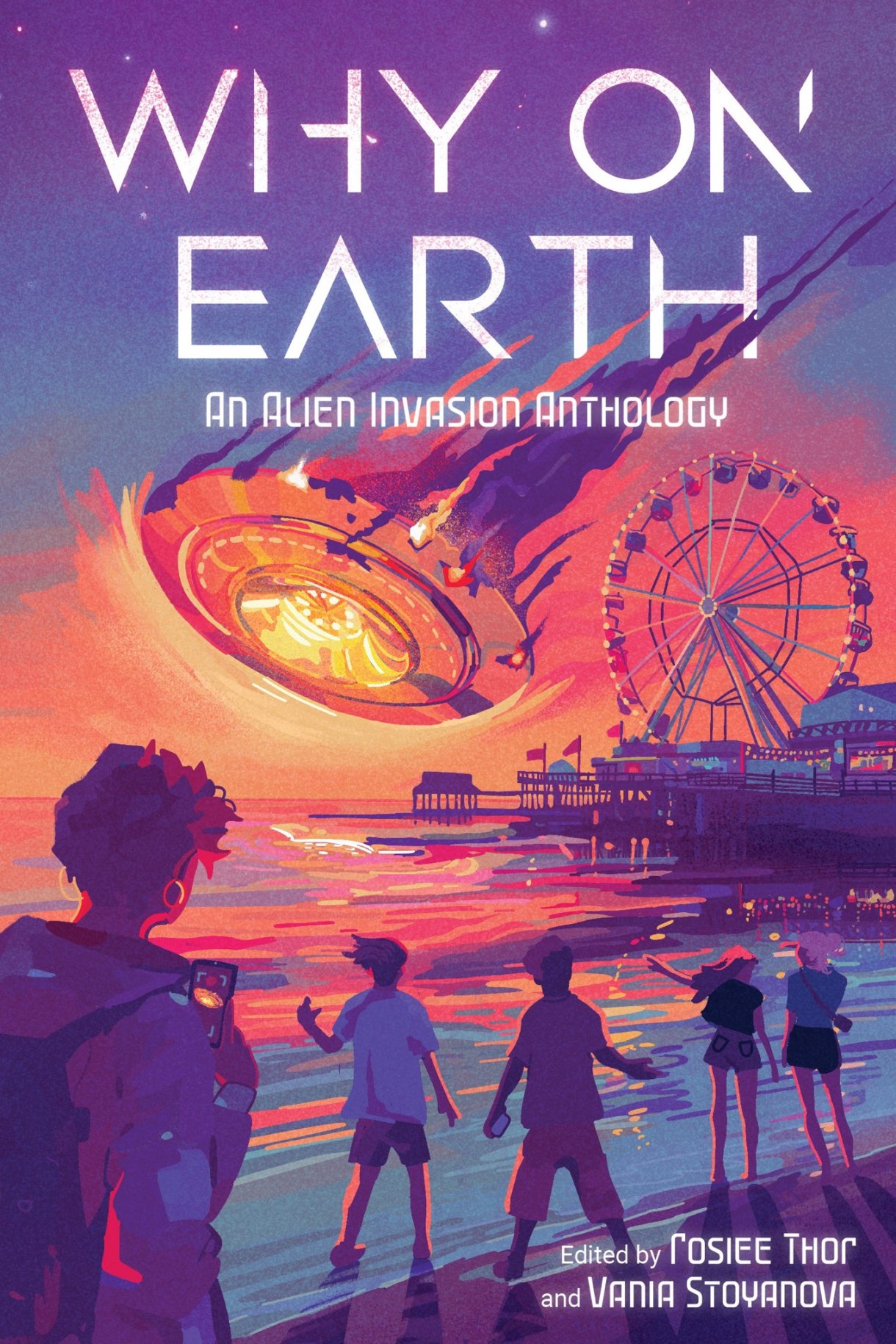
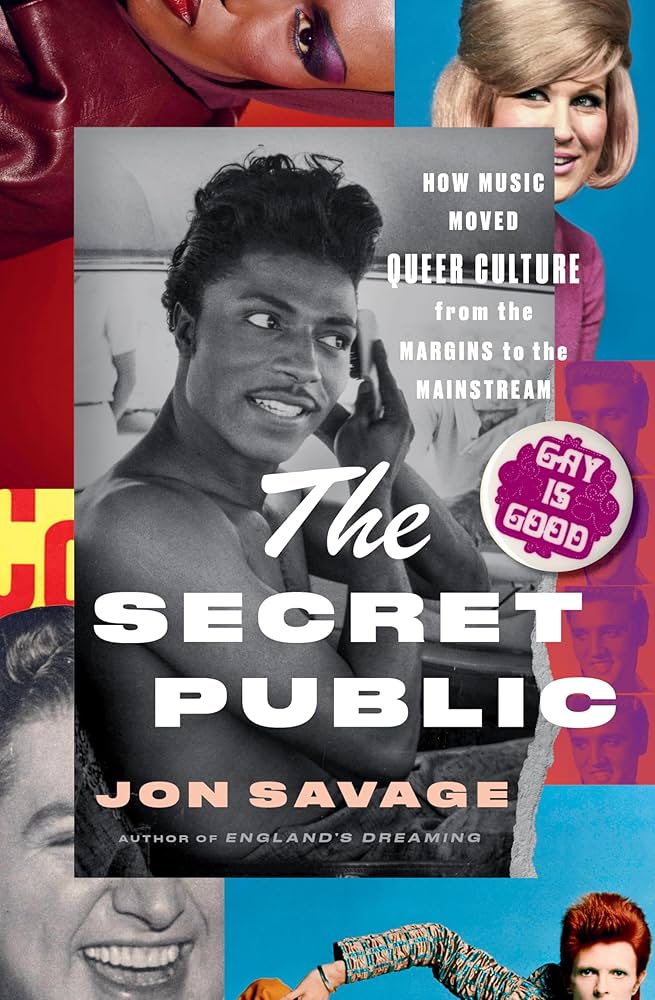
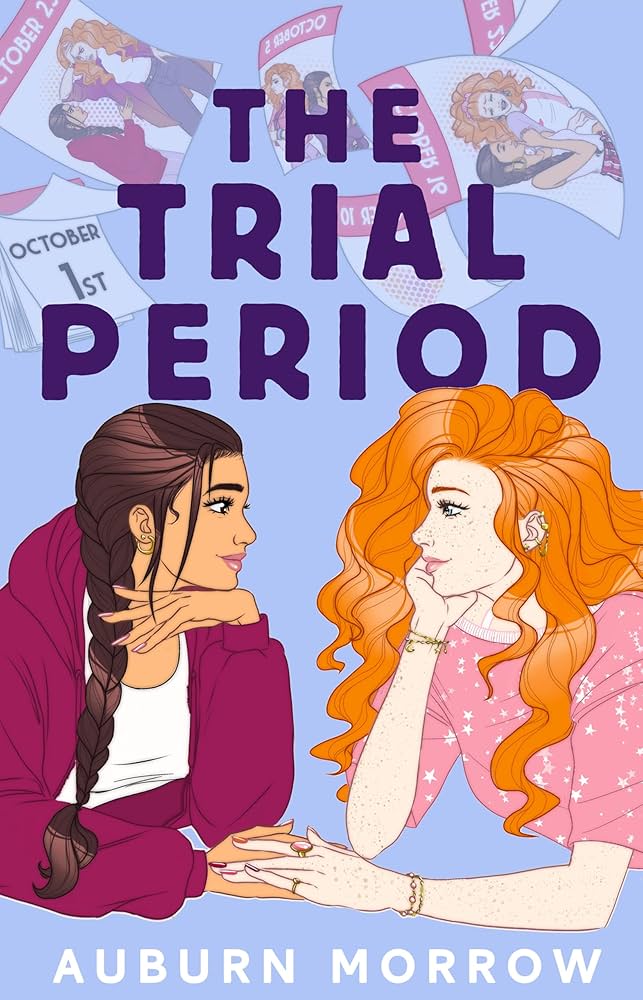
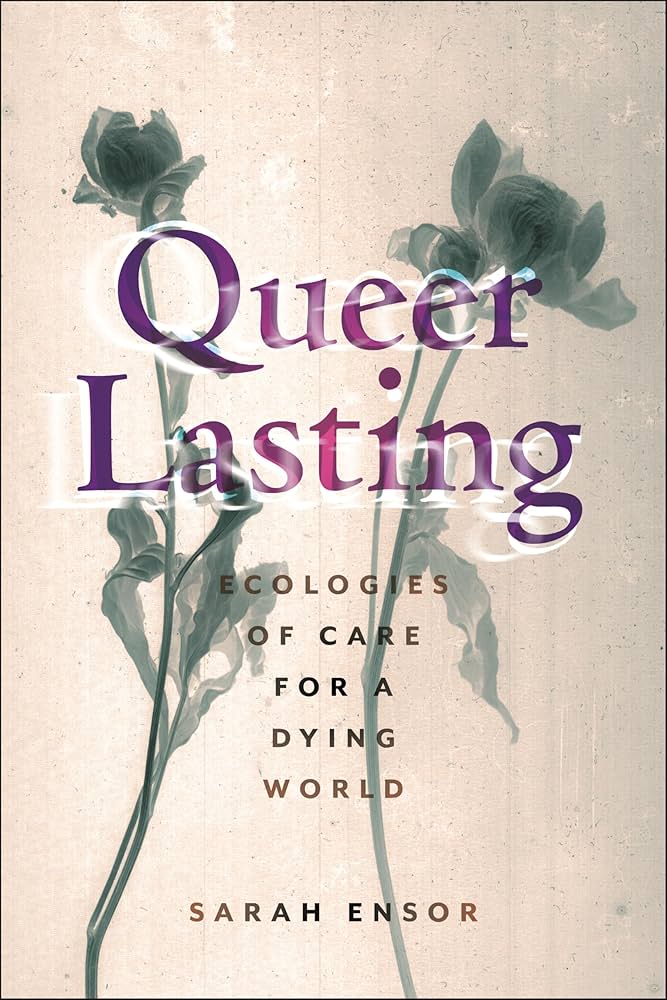
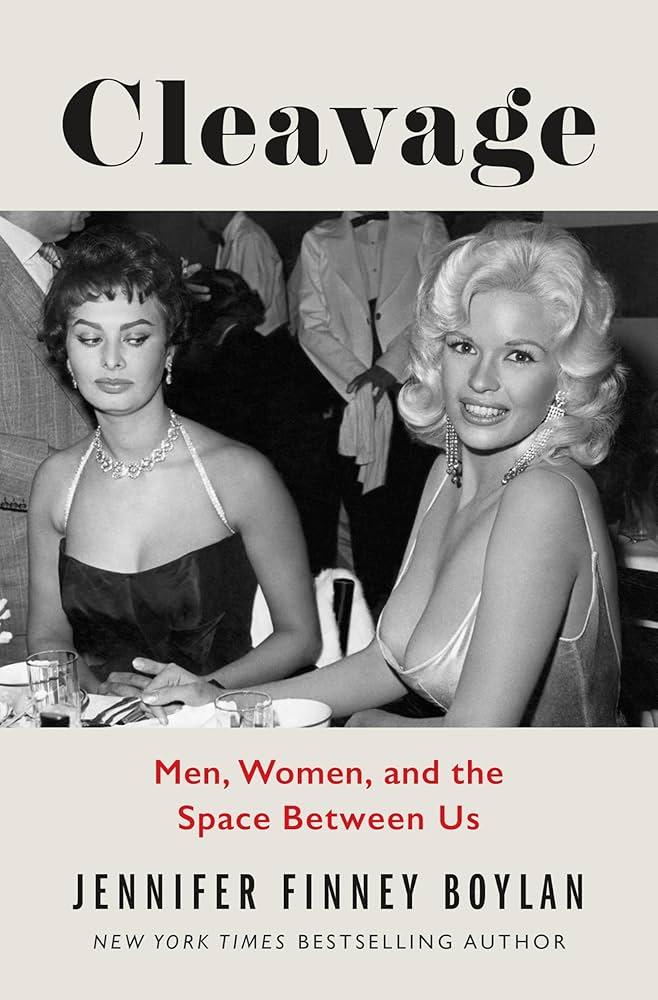
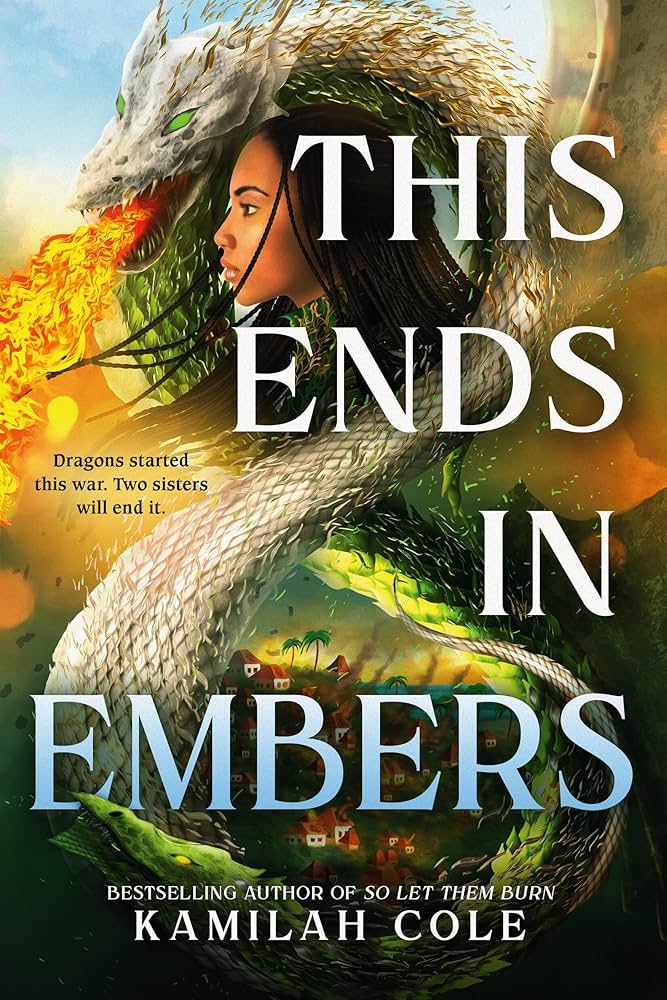
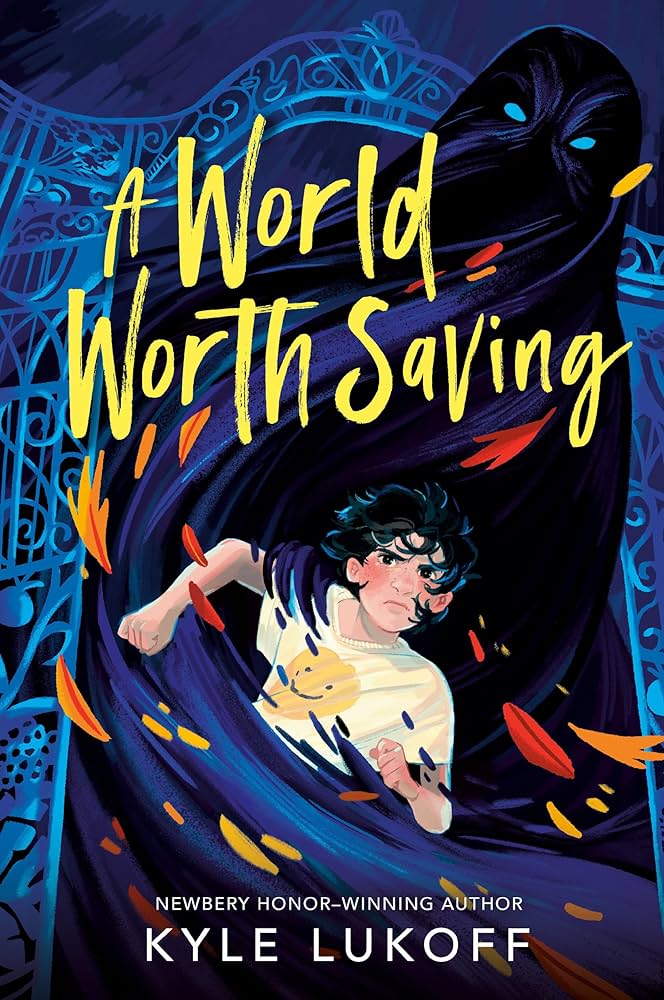
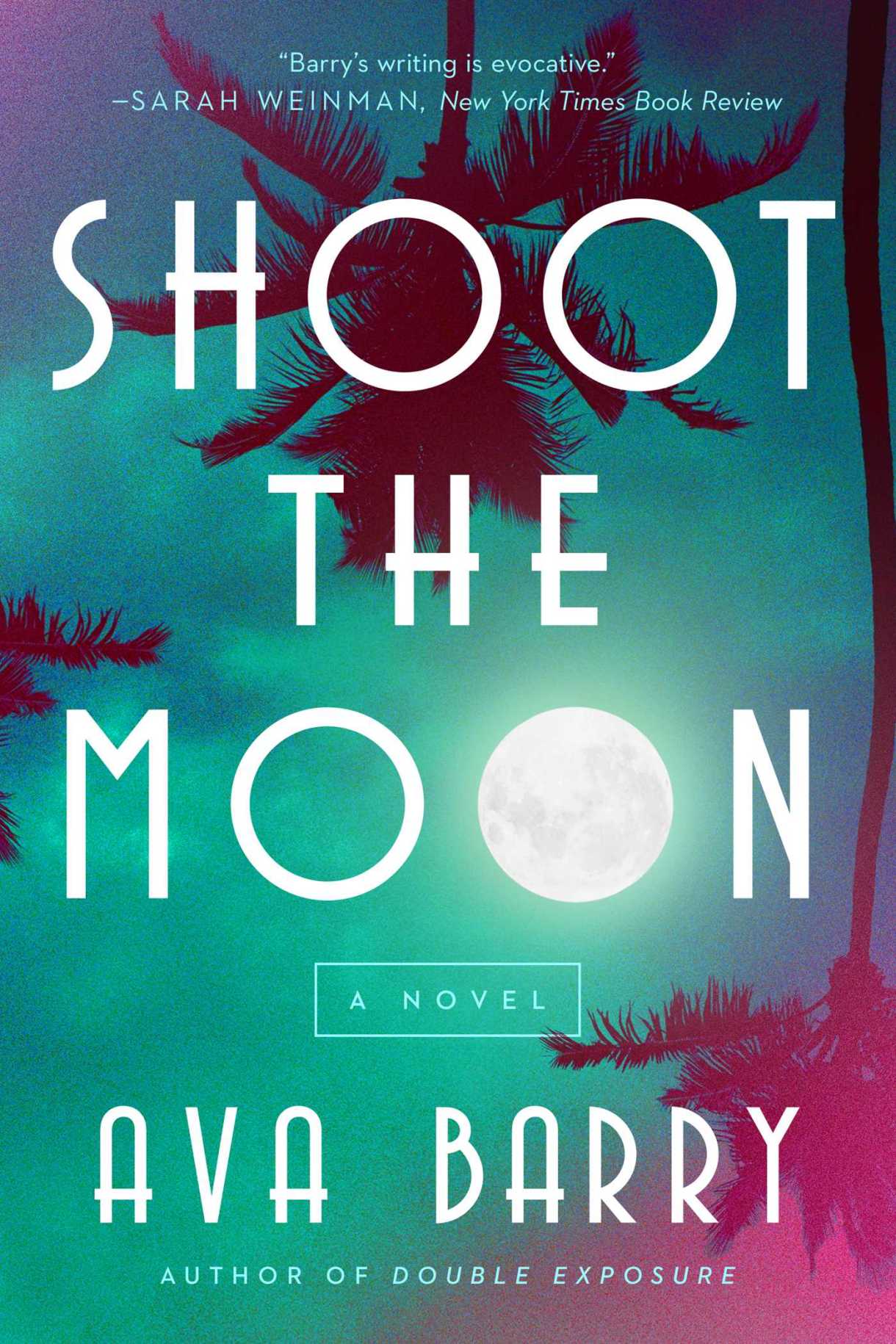
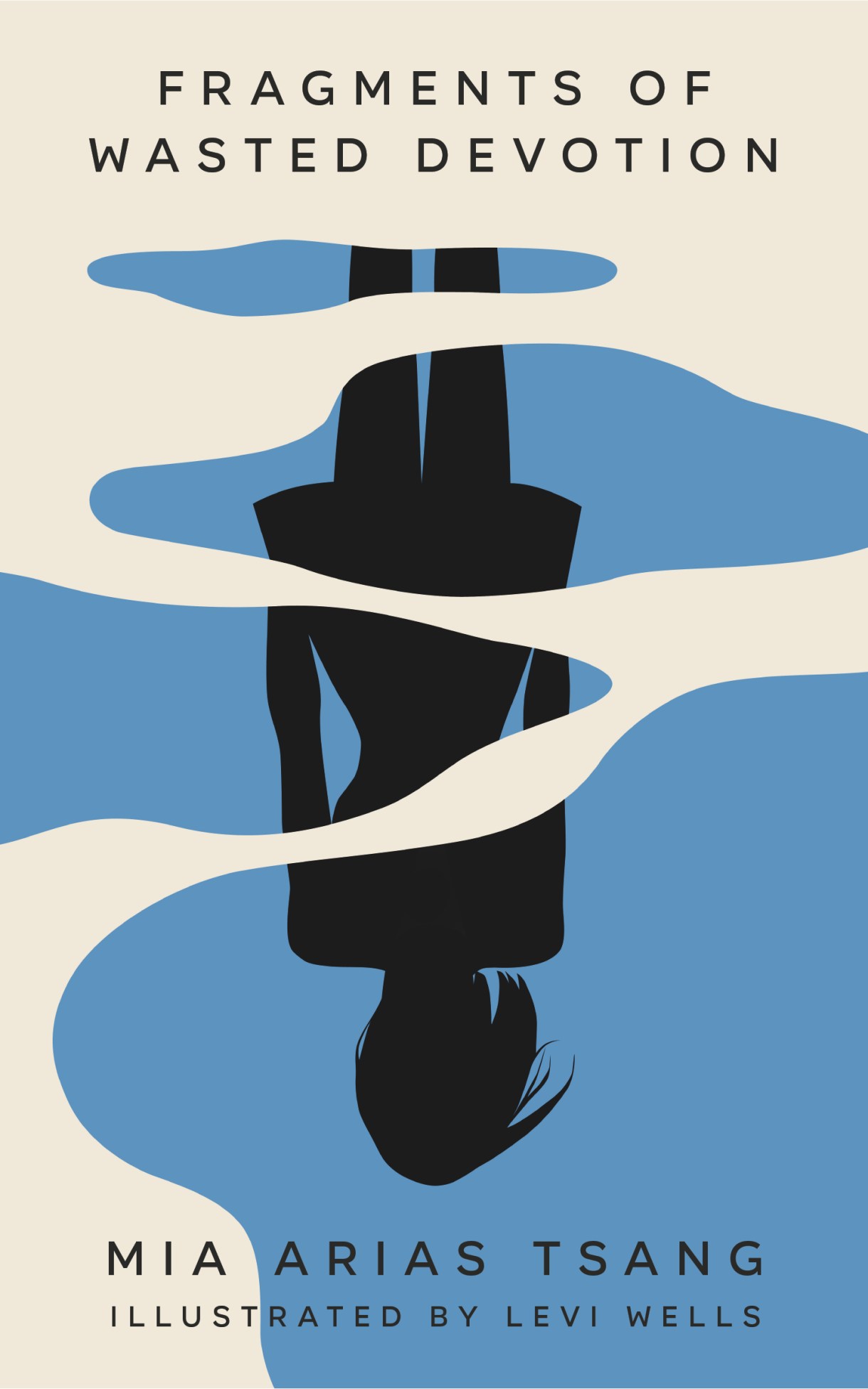
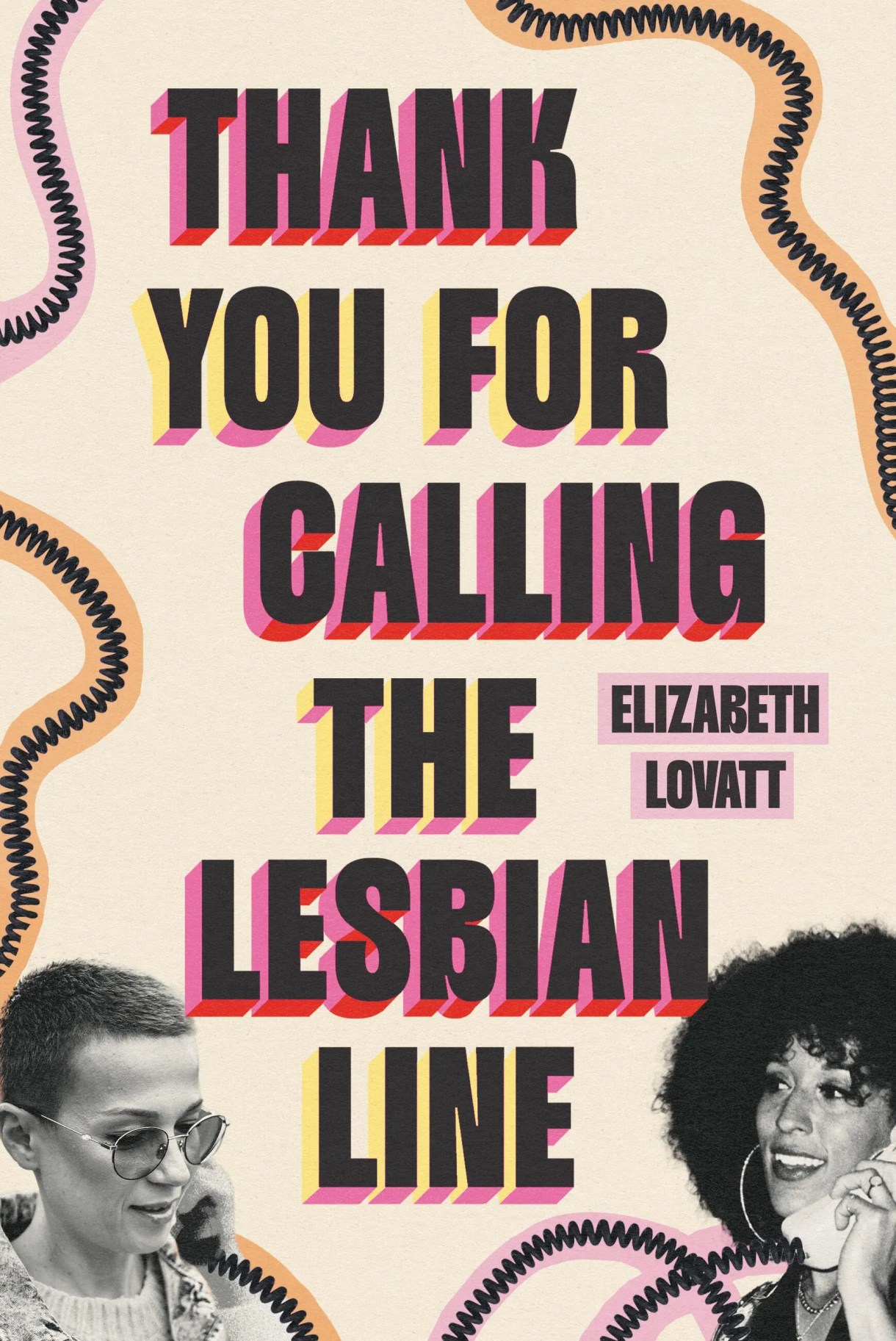
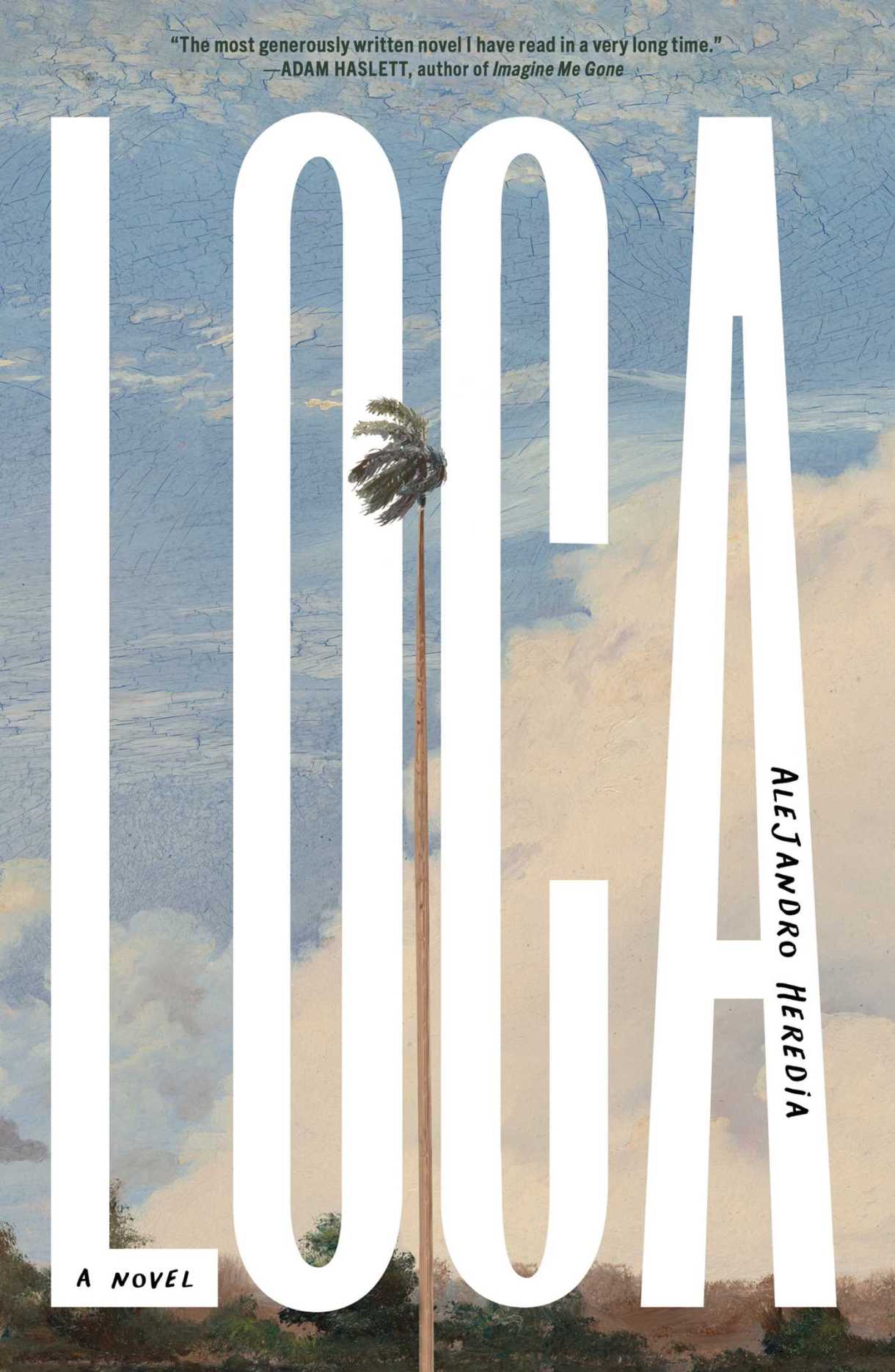
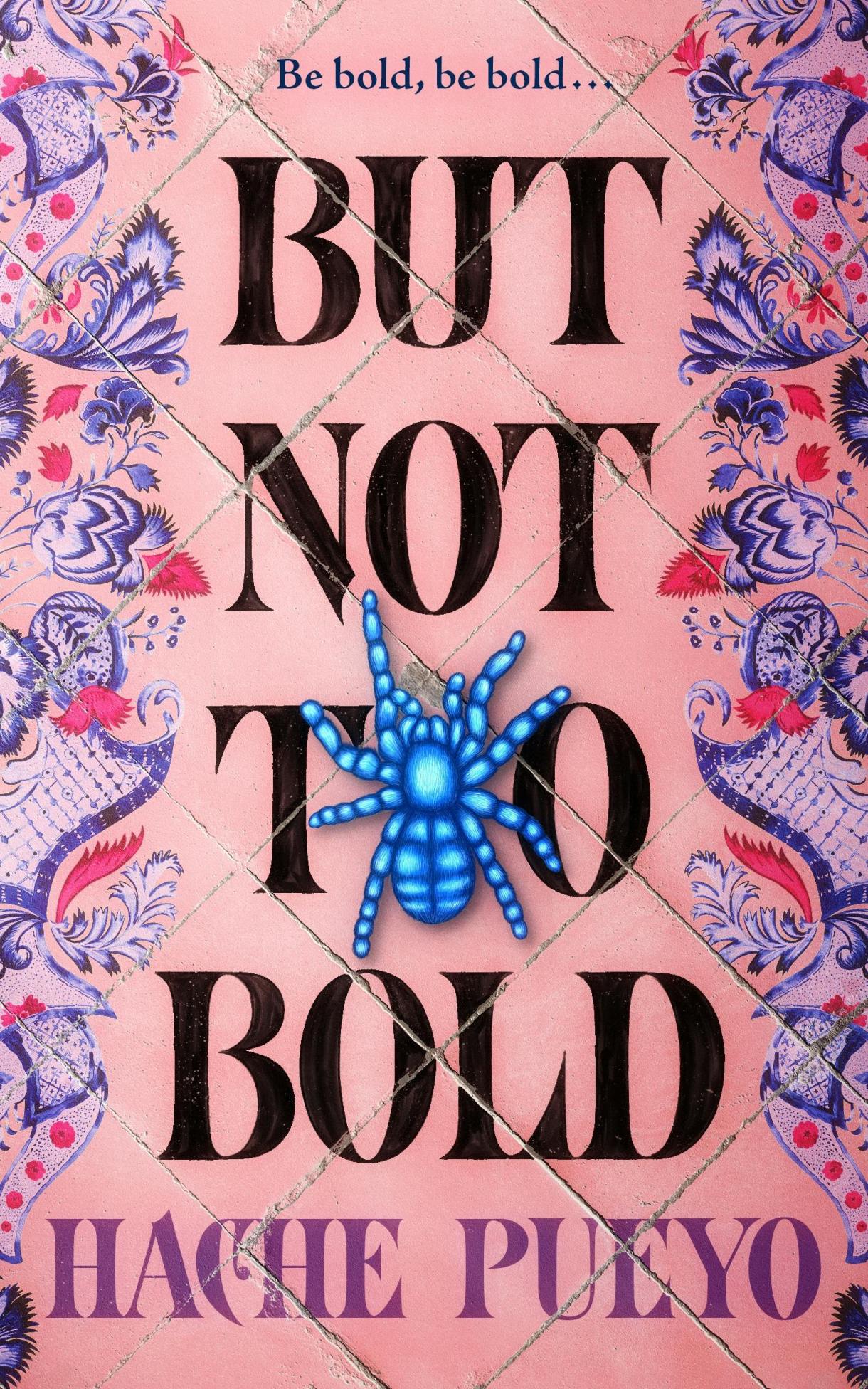
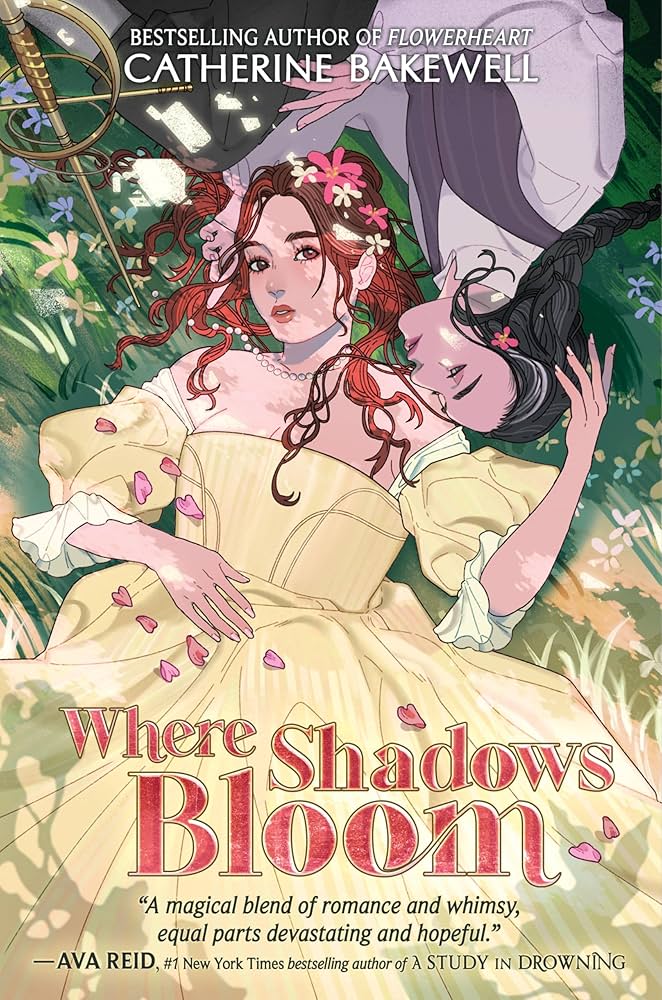
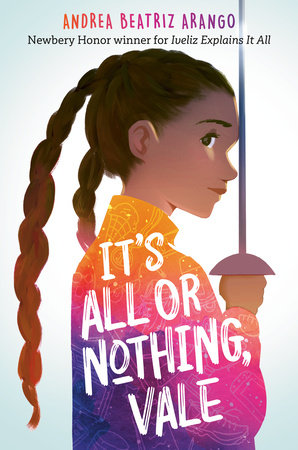
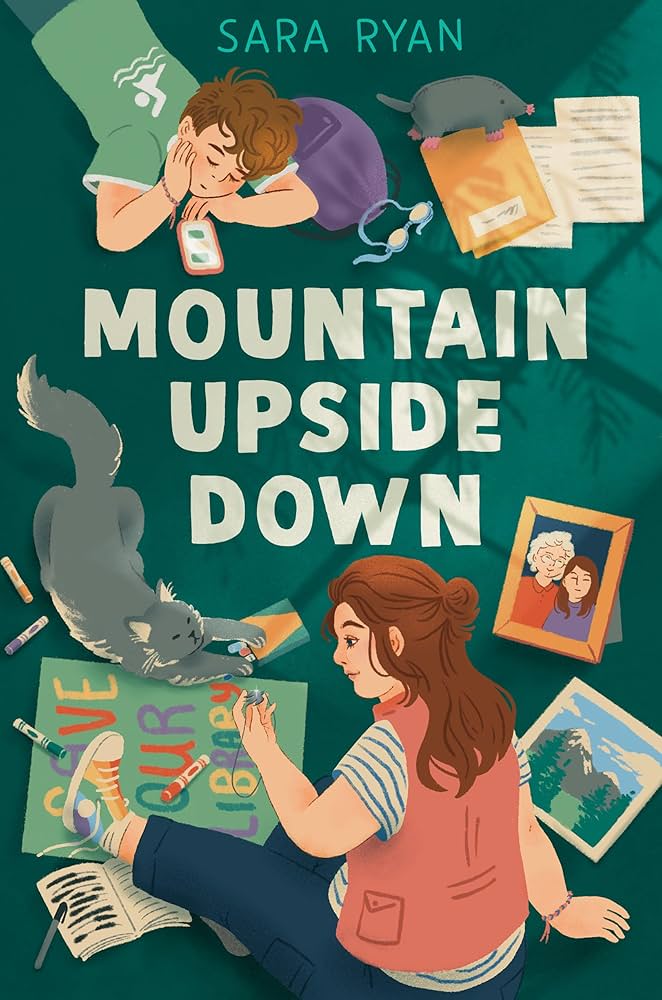
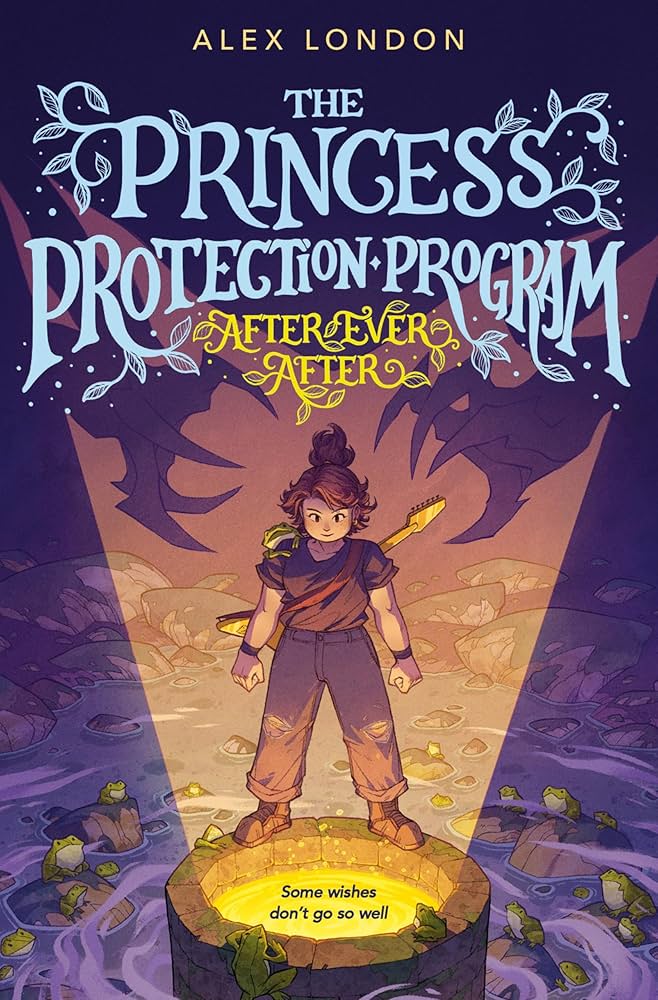
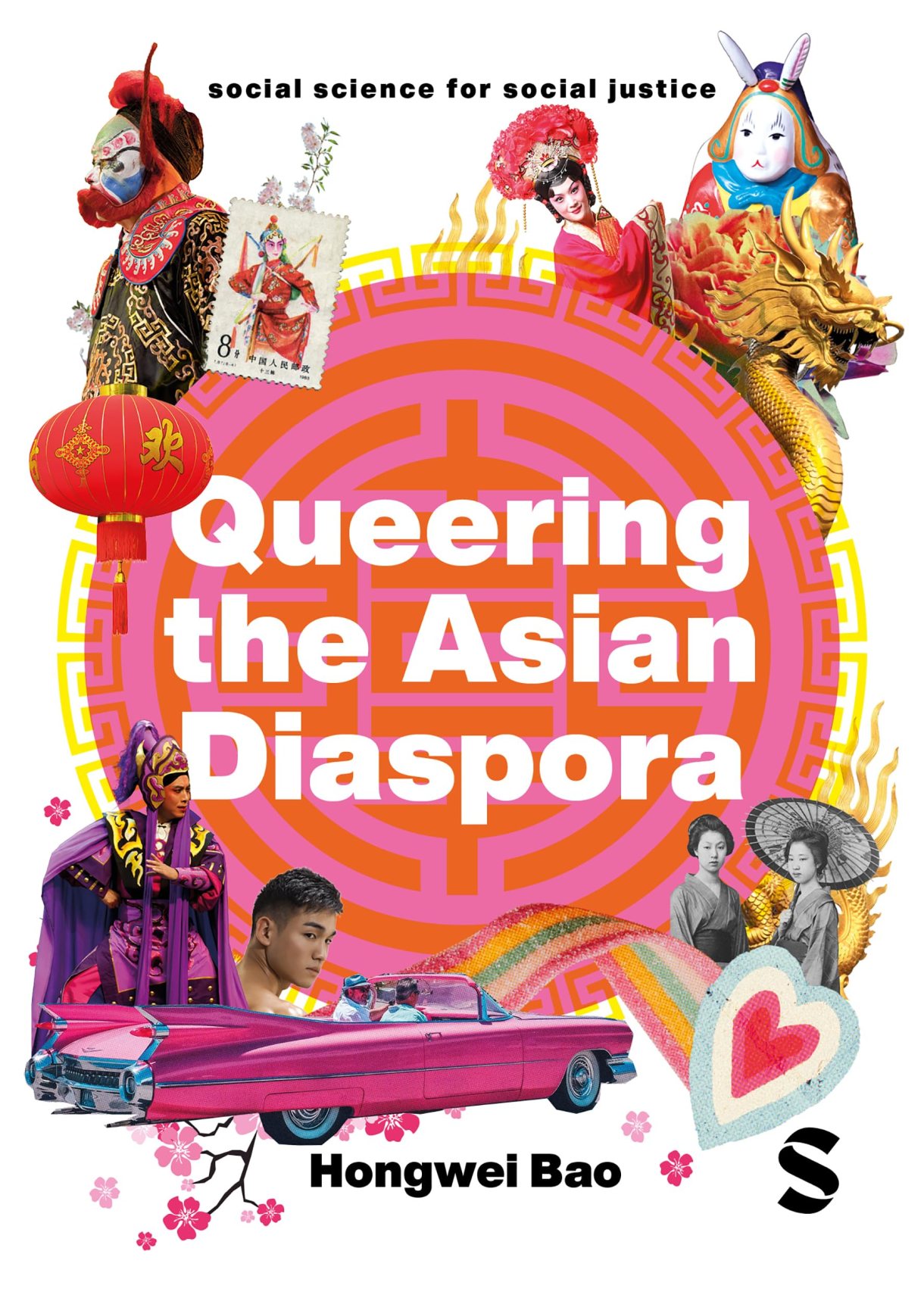
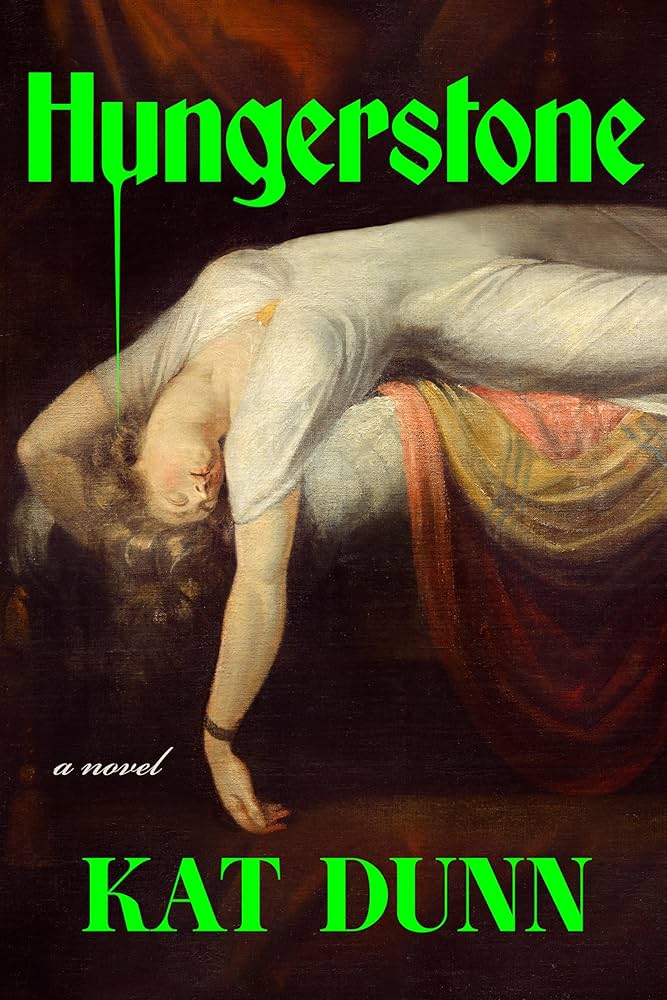
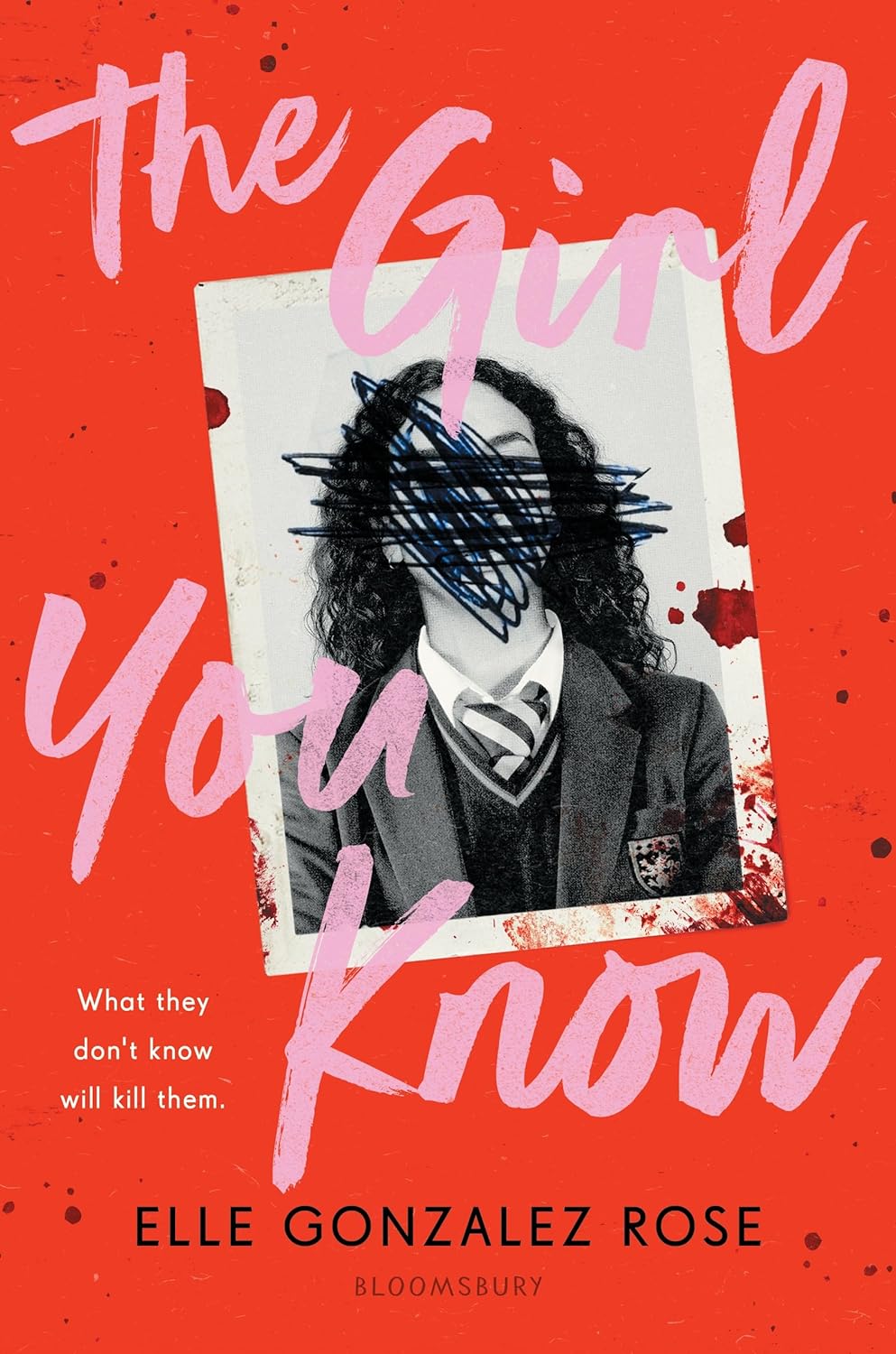
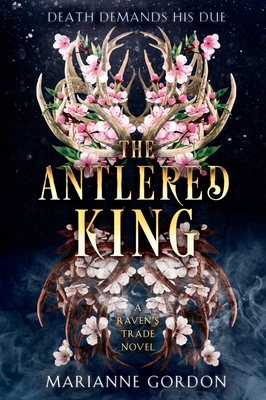
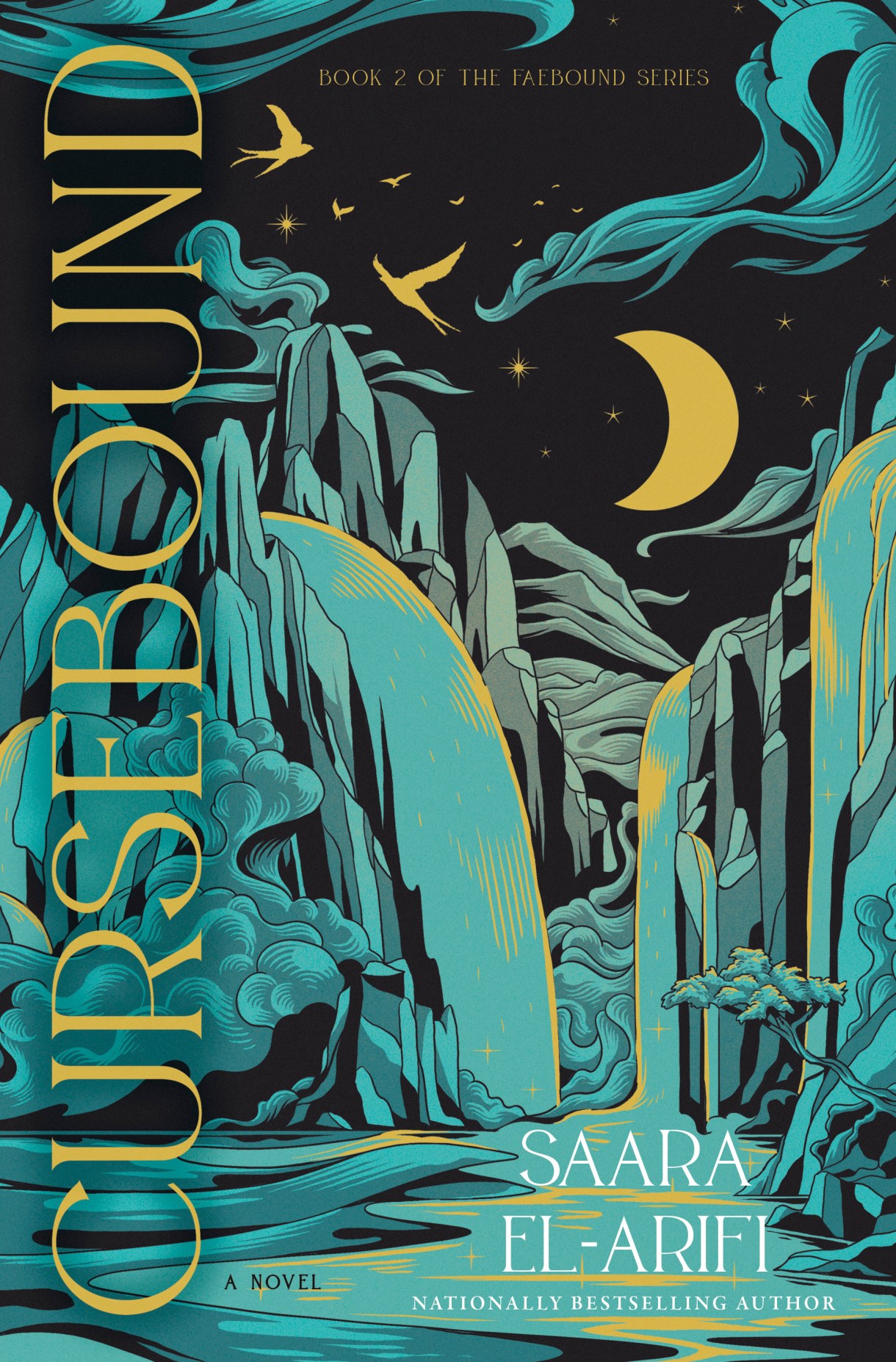
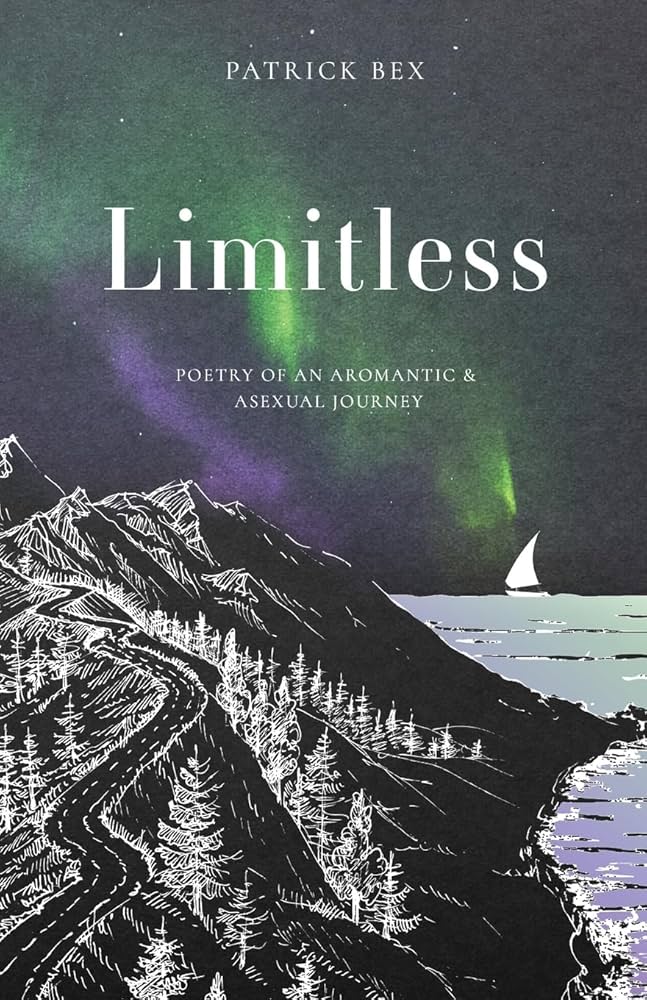
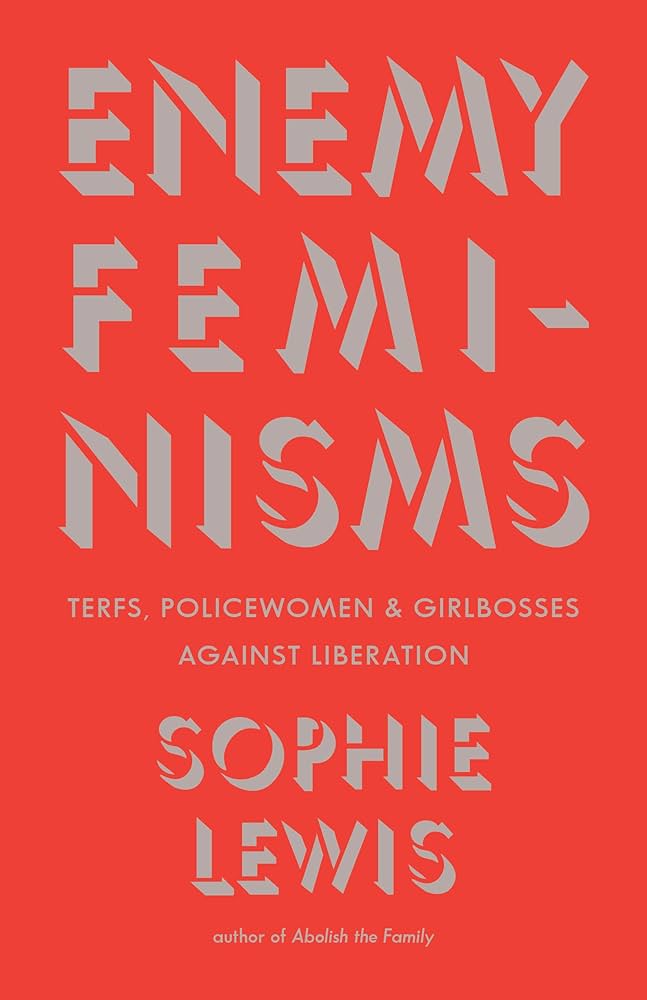
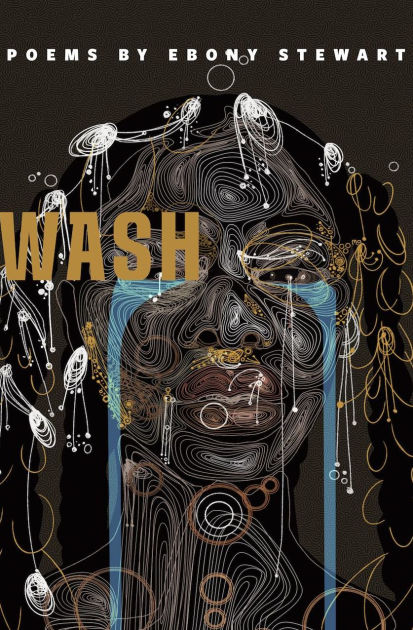
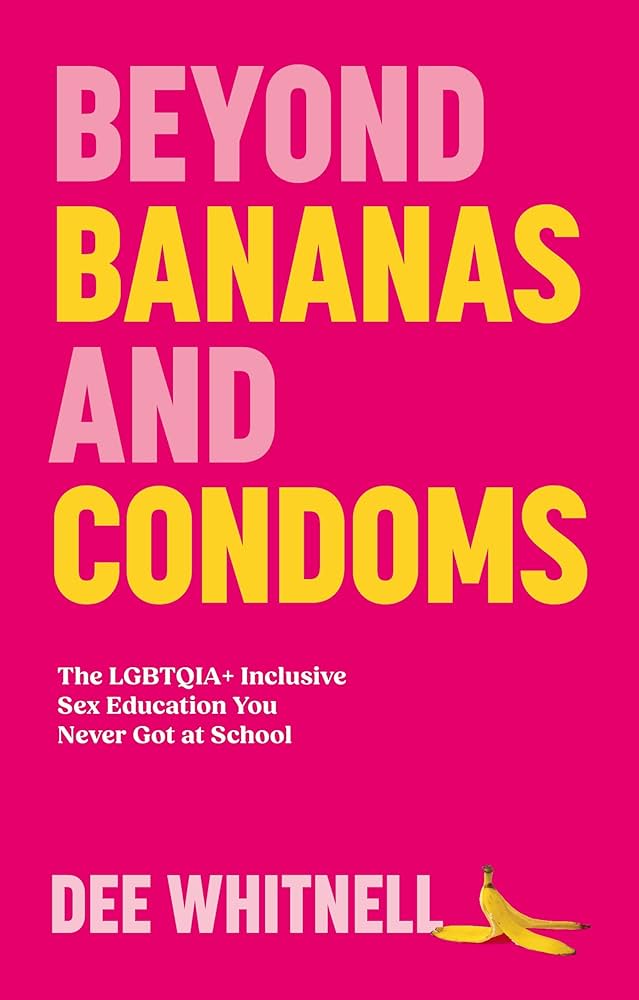
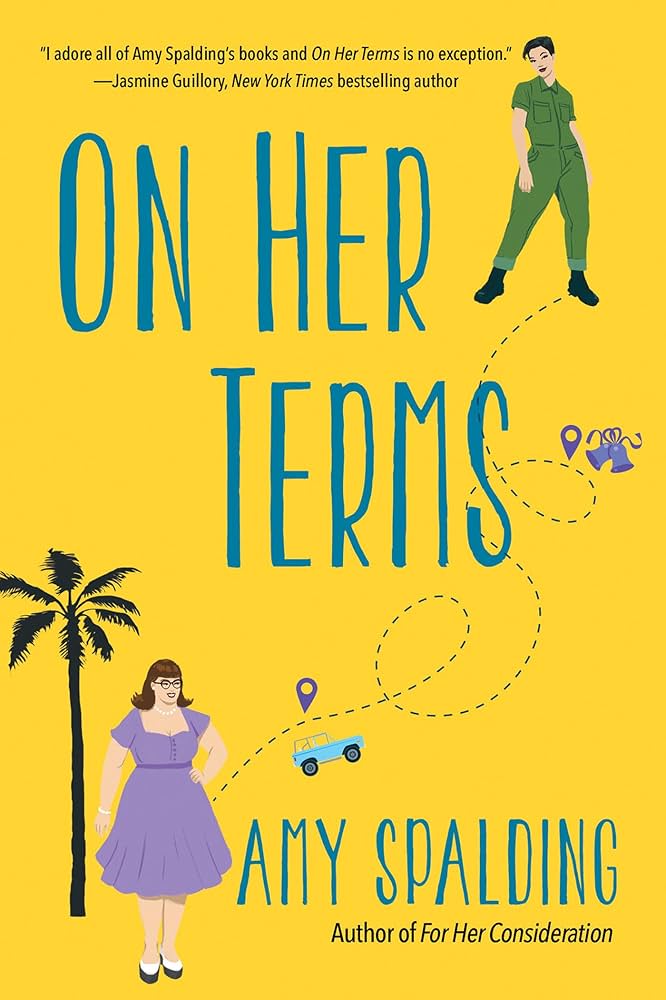


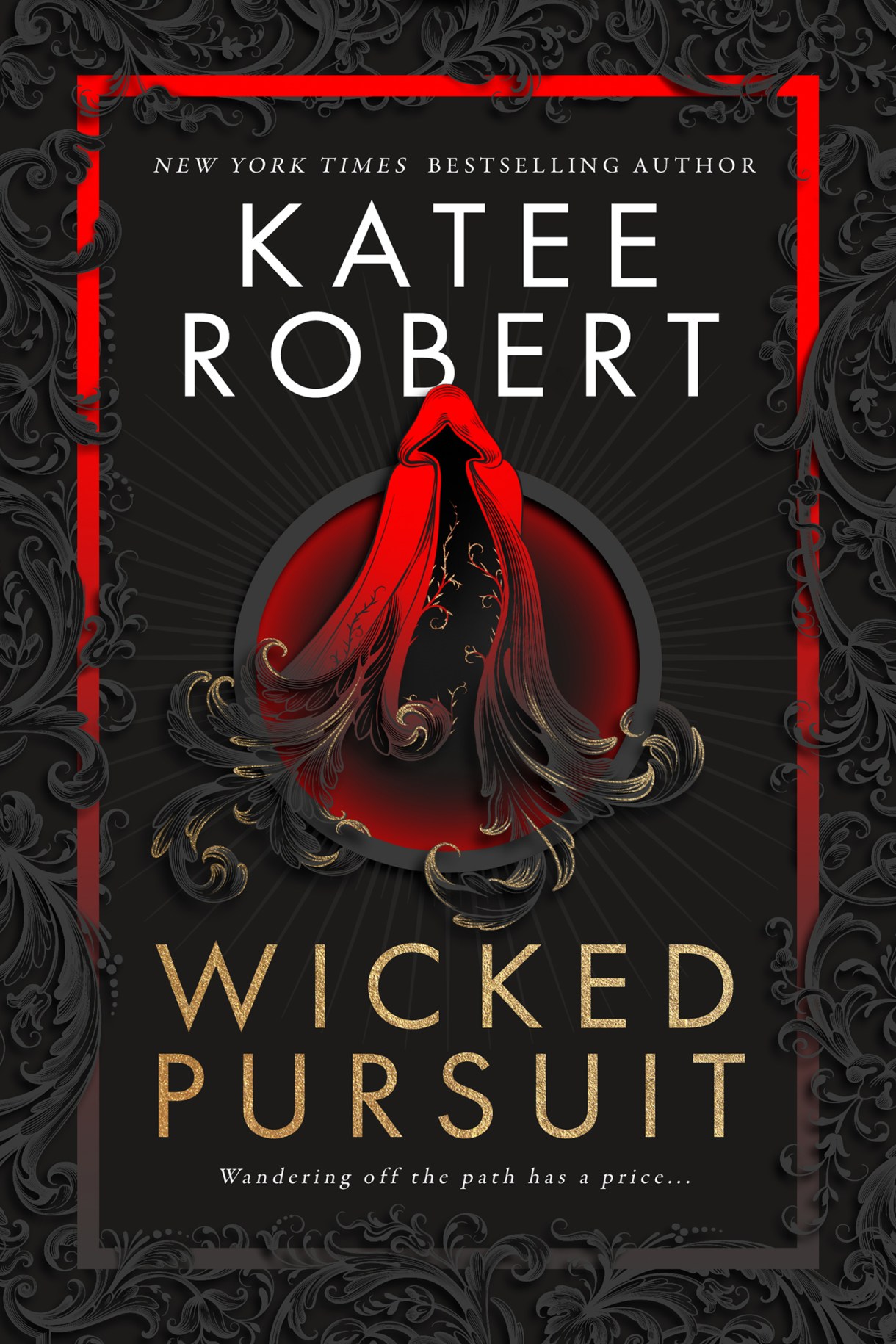
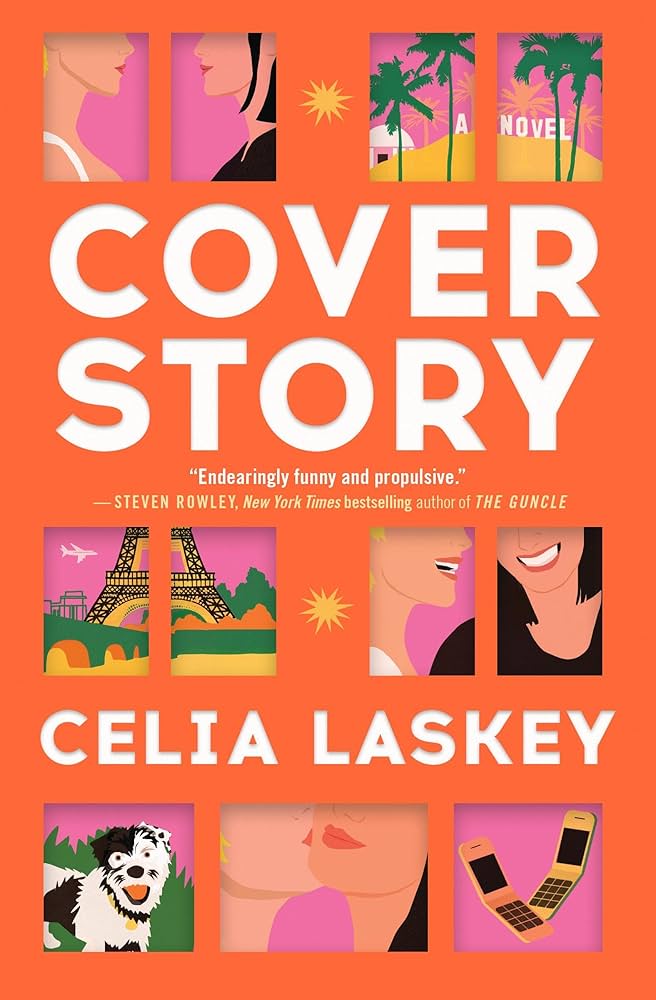
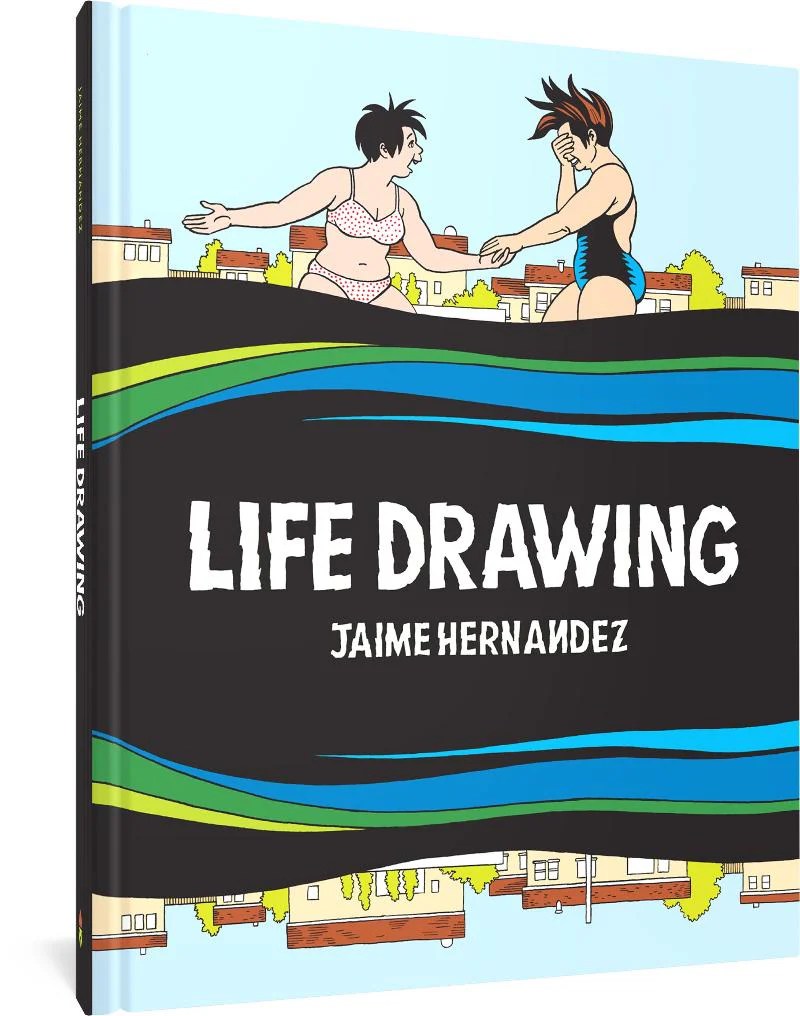
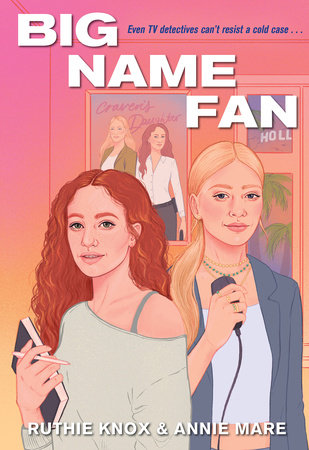







Alternate number I recieved to reach Robert Grossman when calling tonight is 212-263-6906. Worth a shot if you don’t get through!